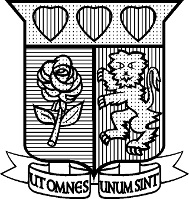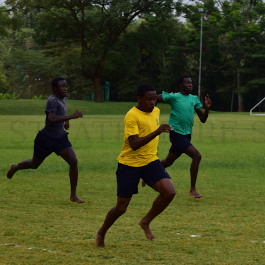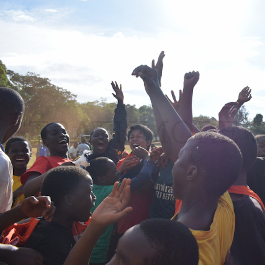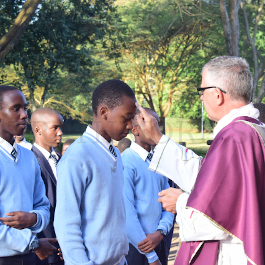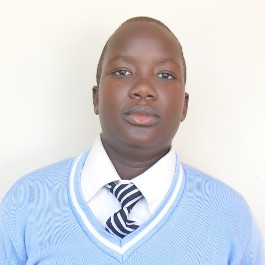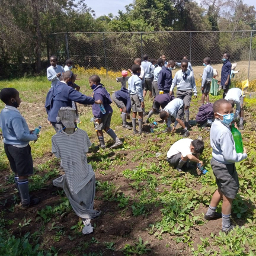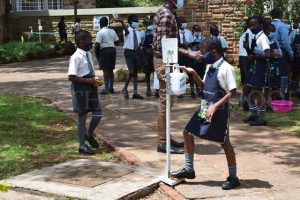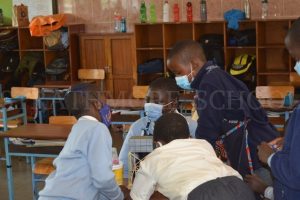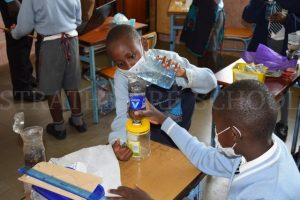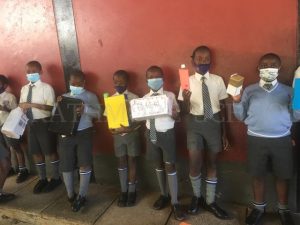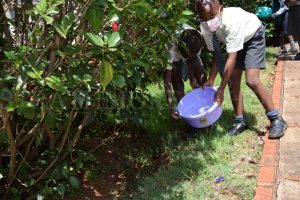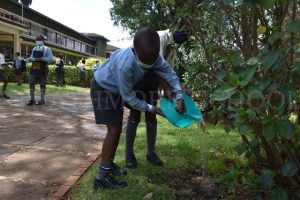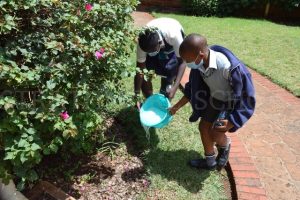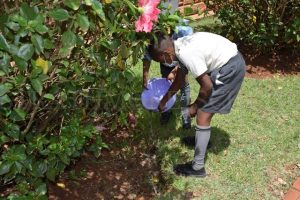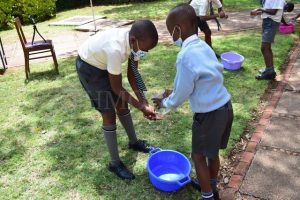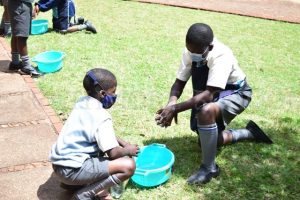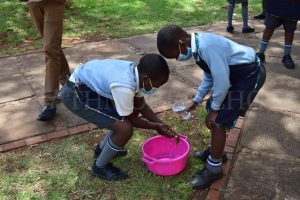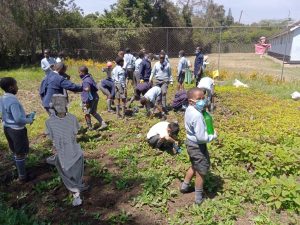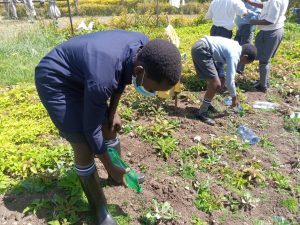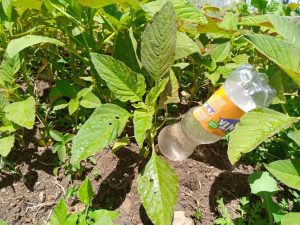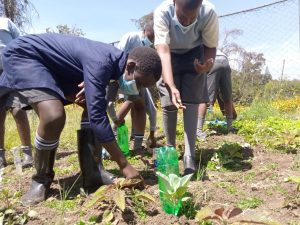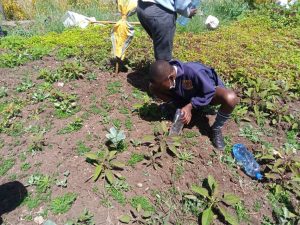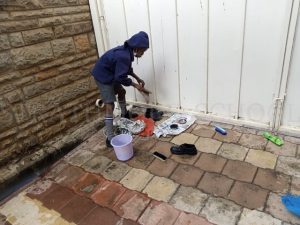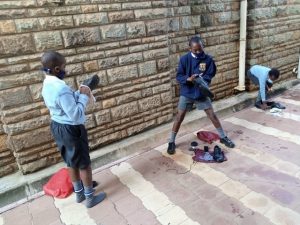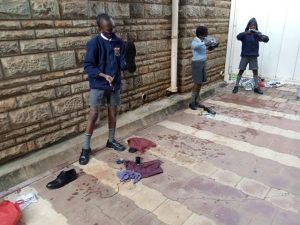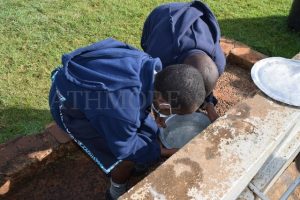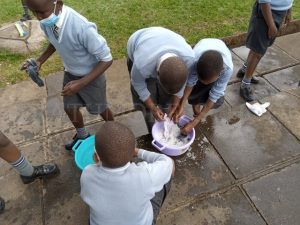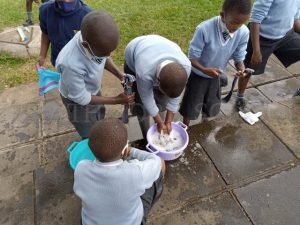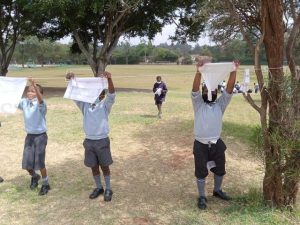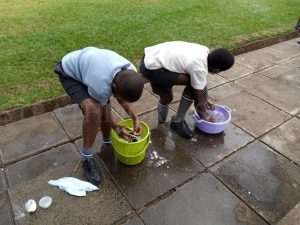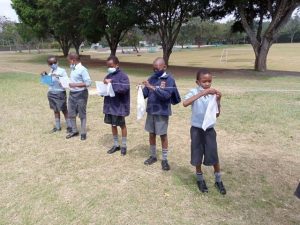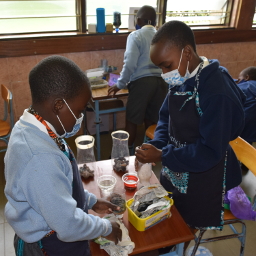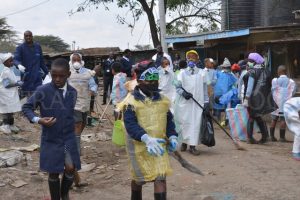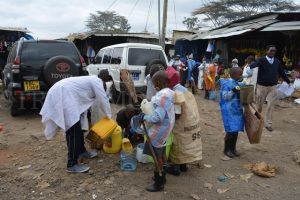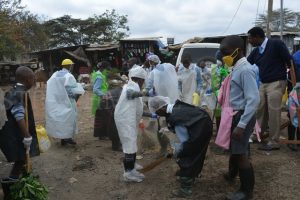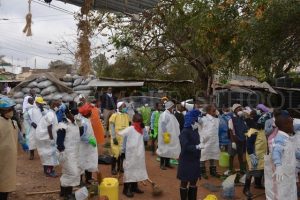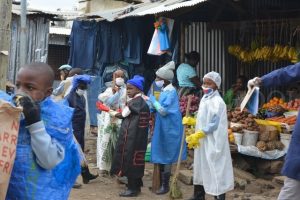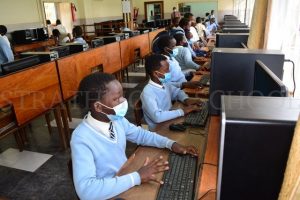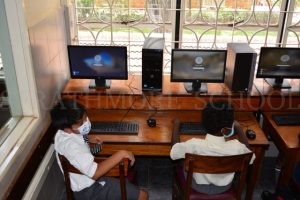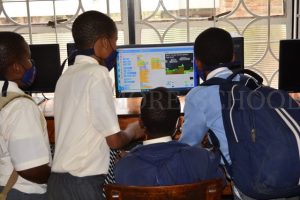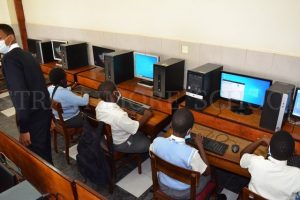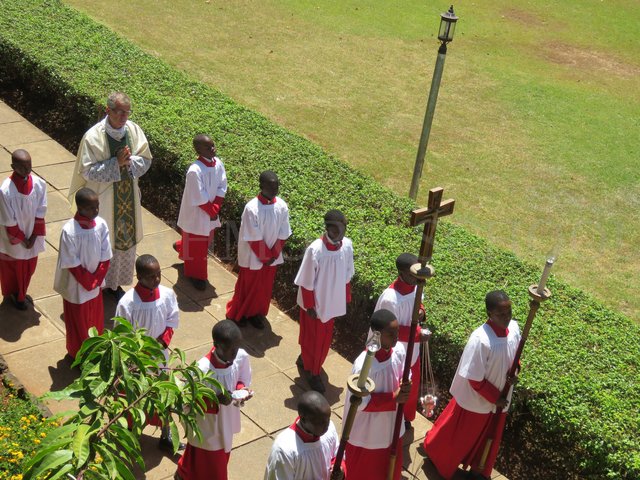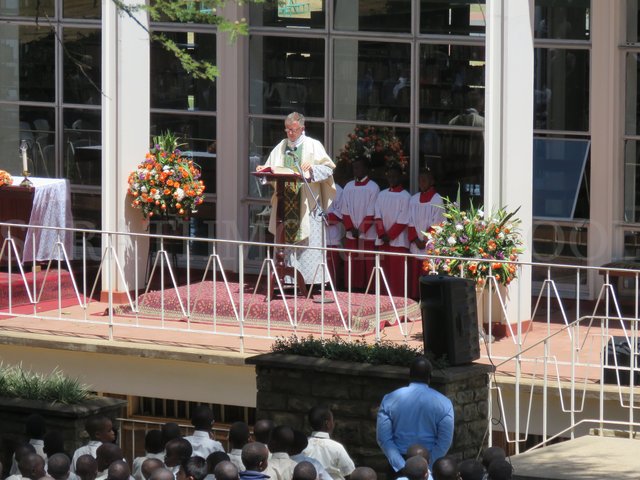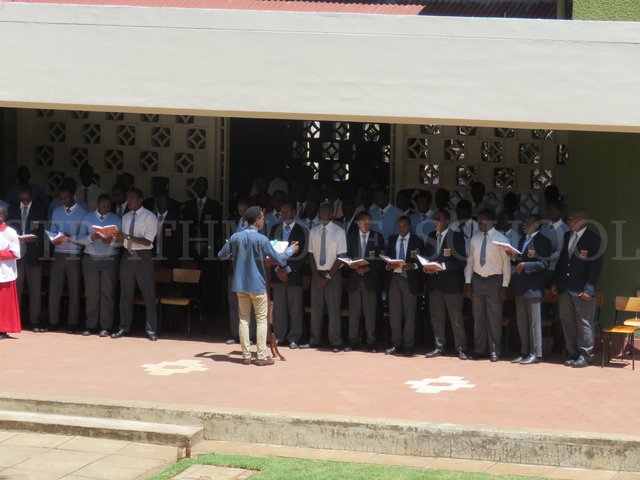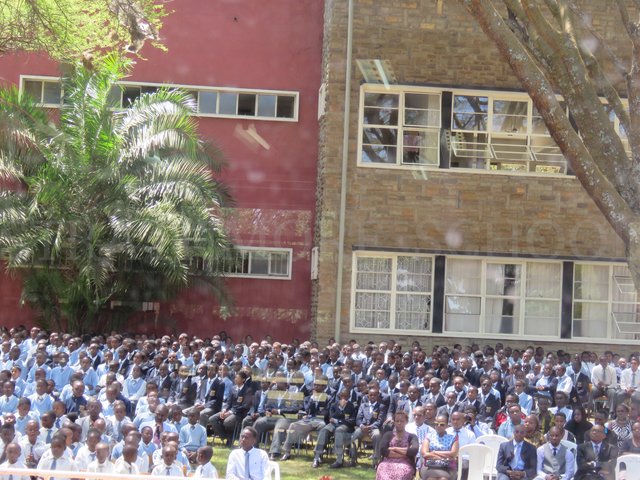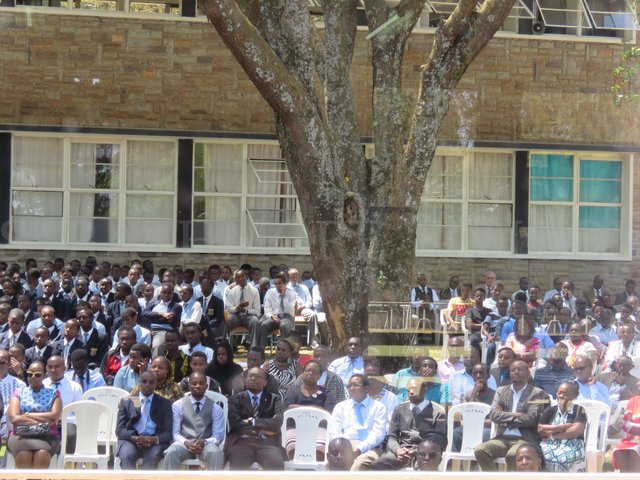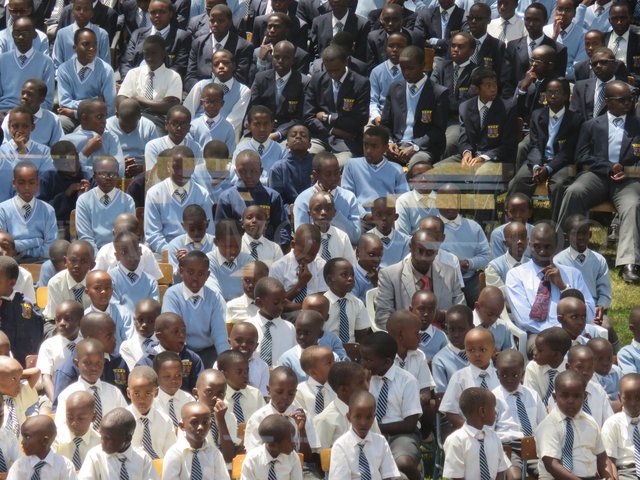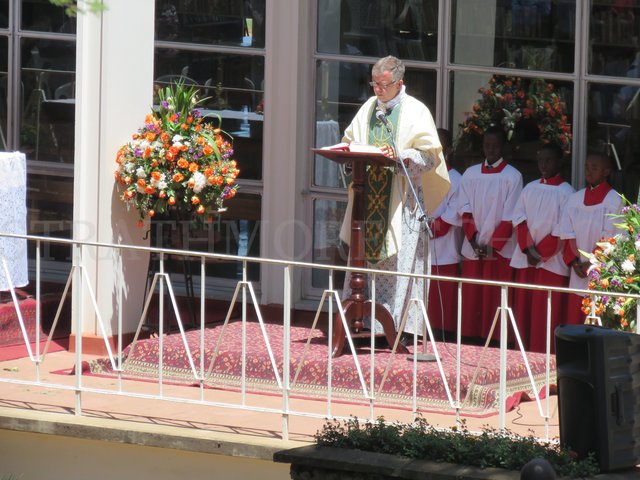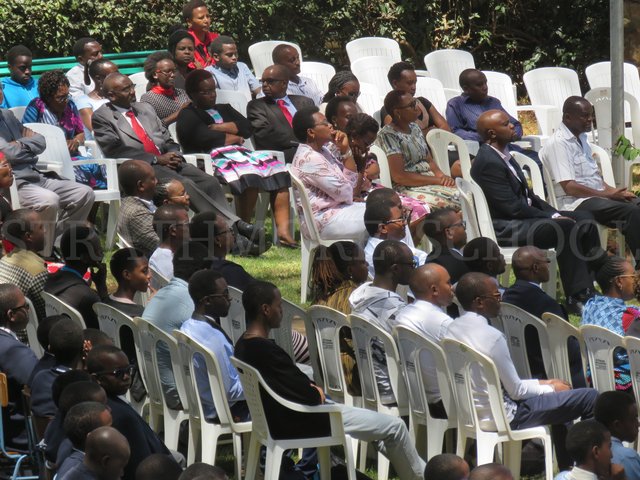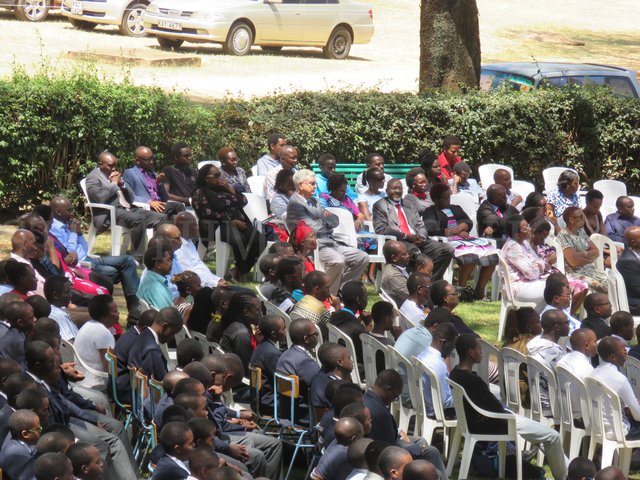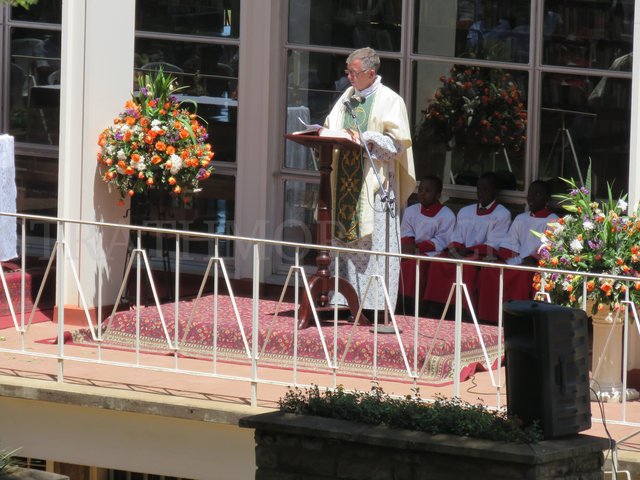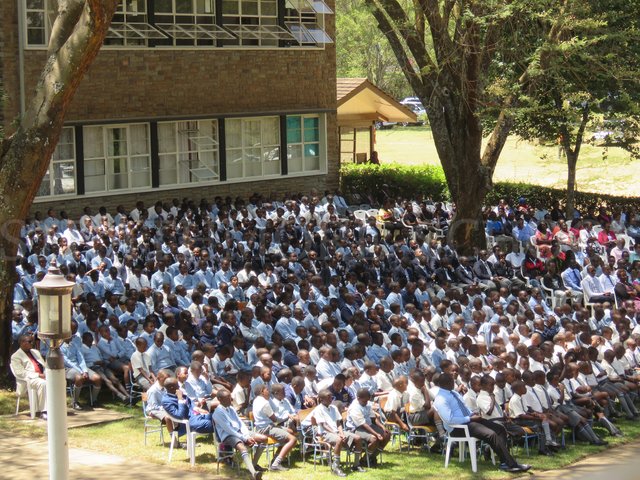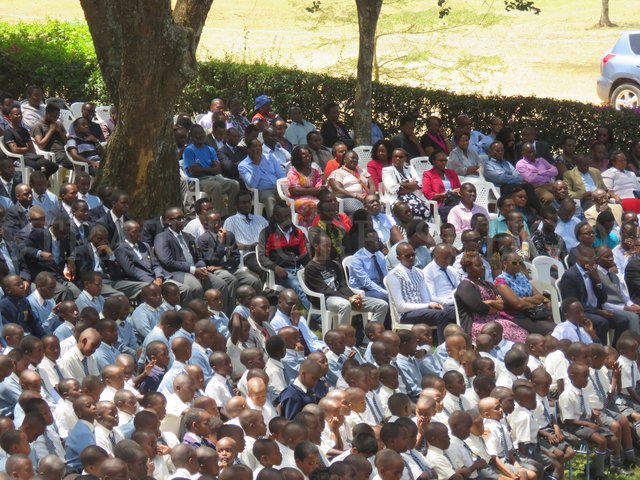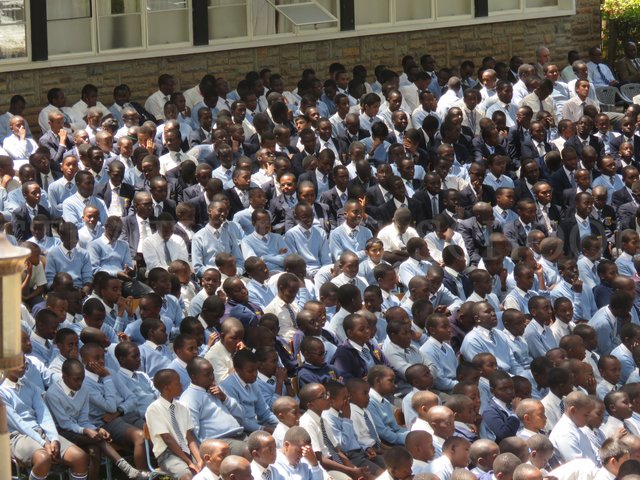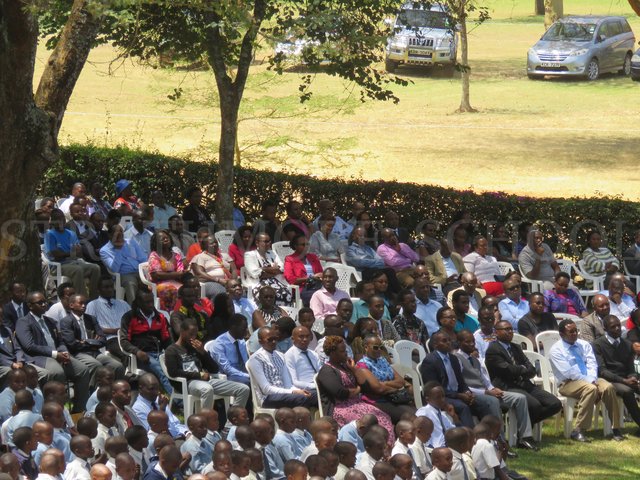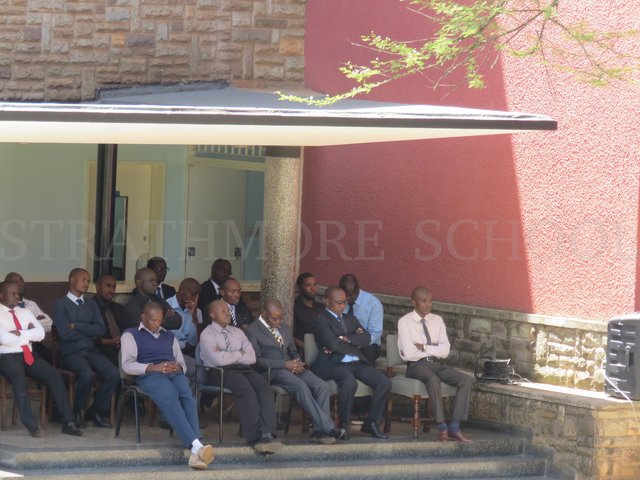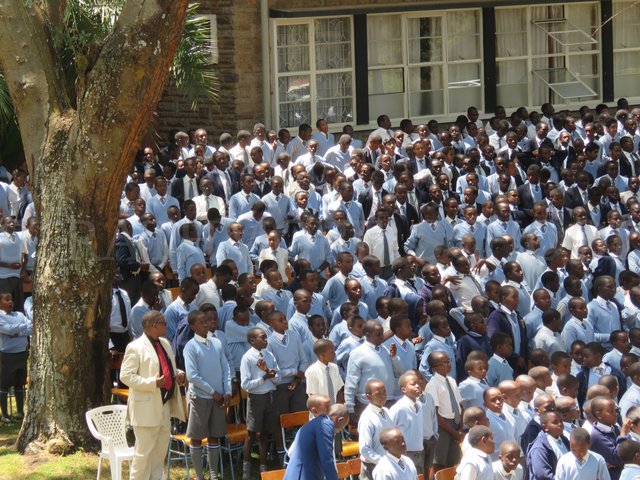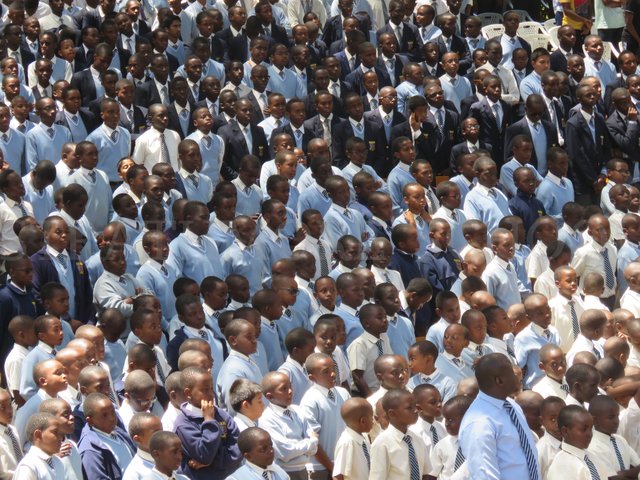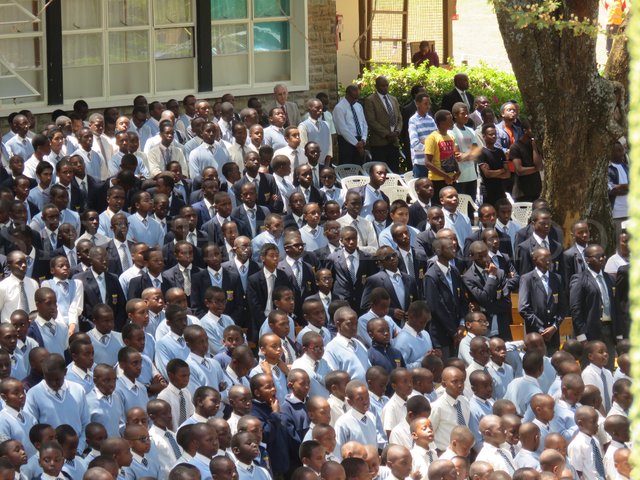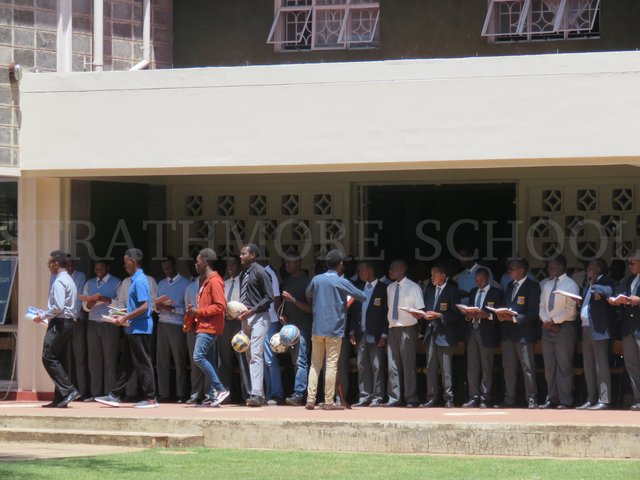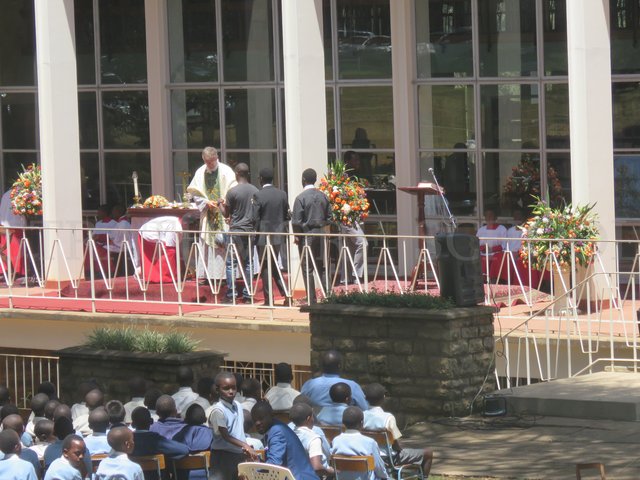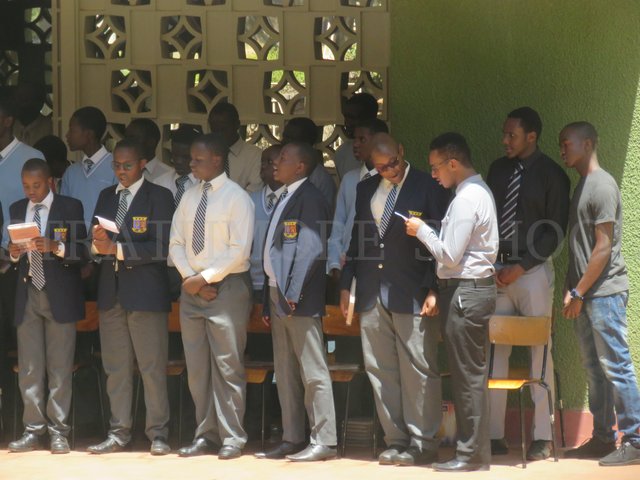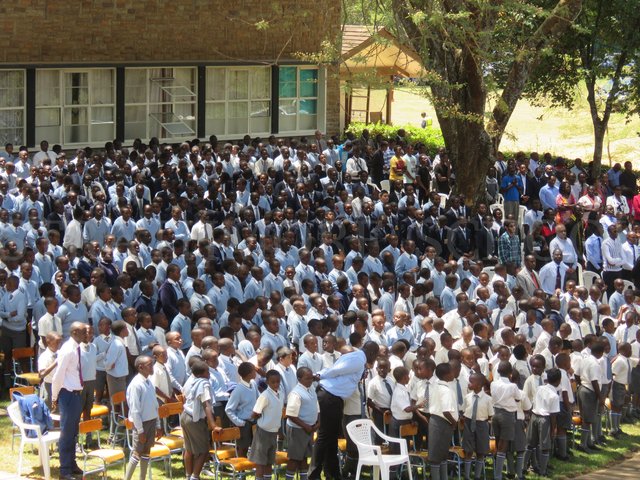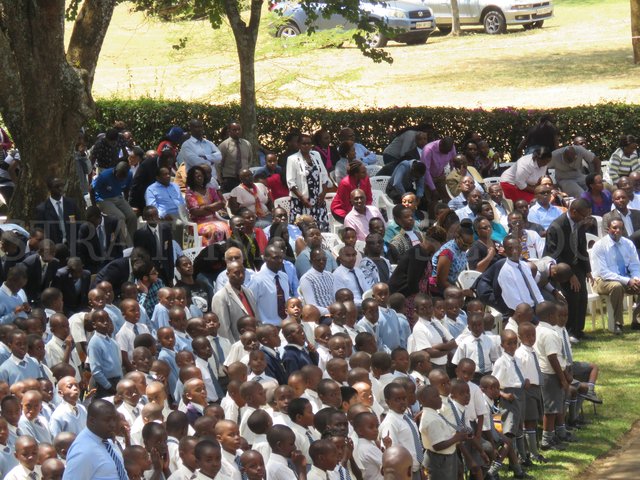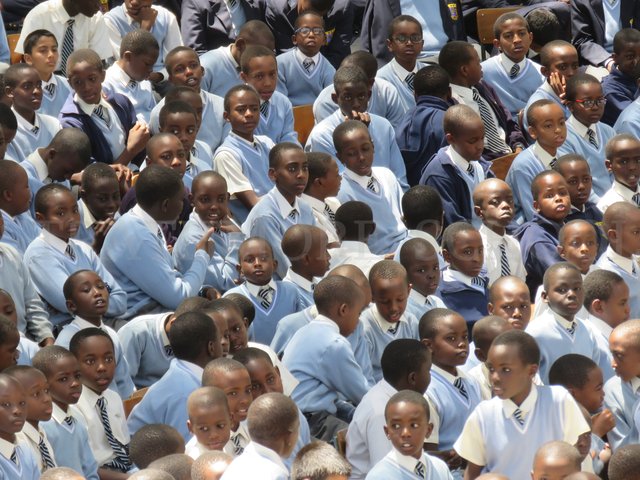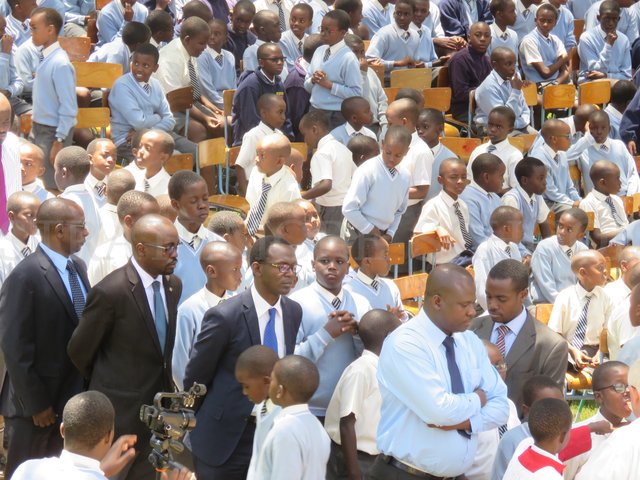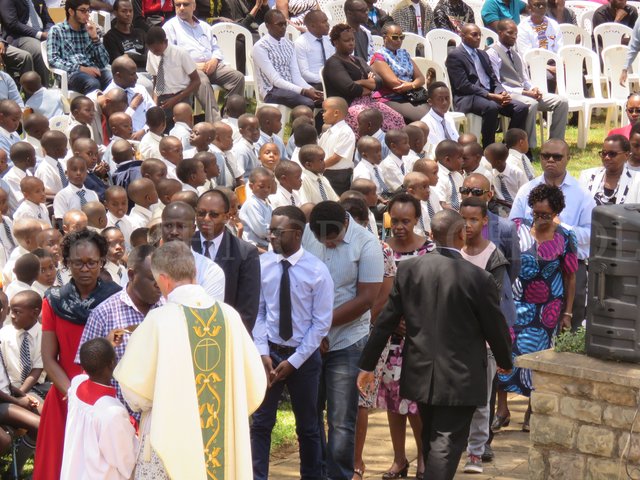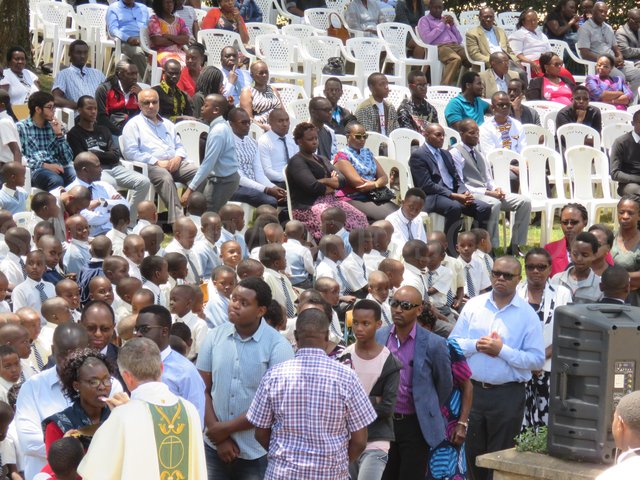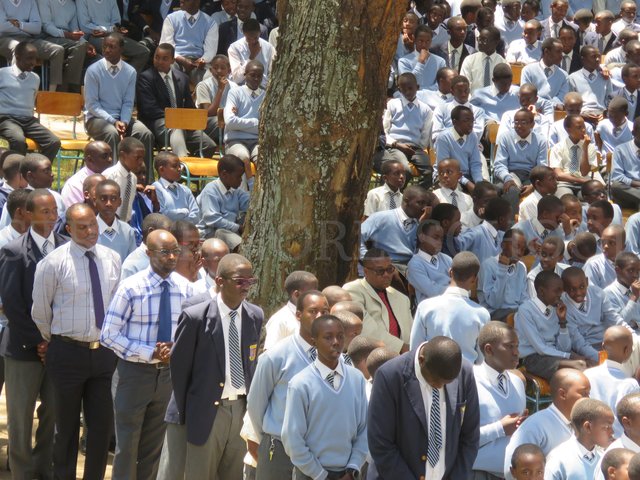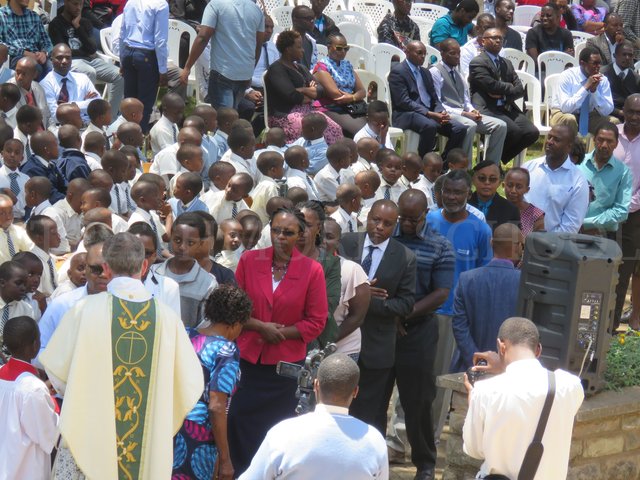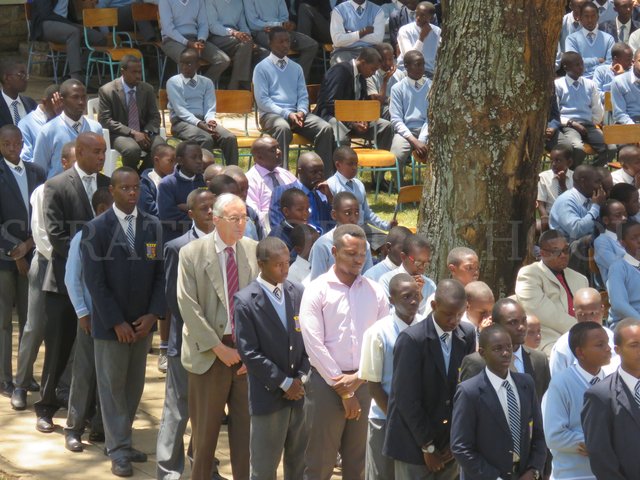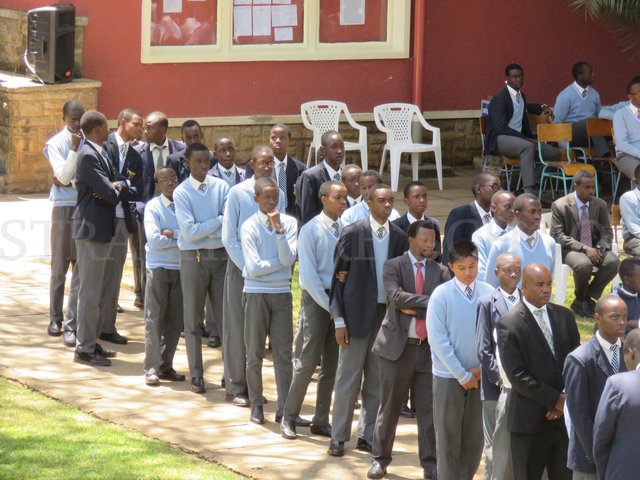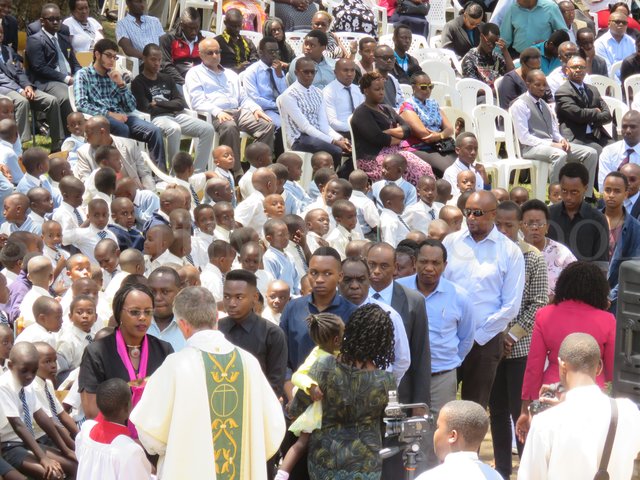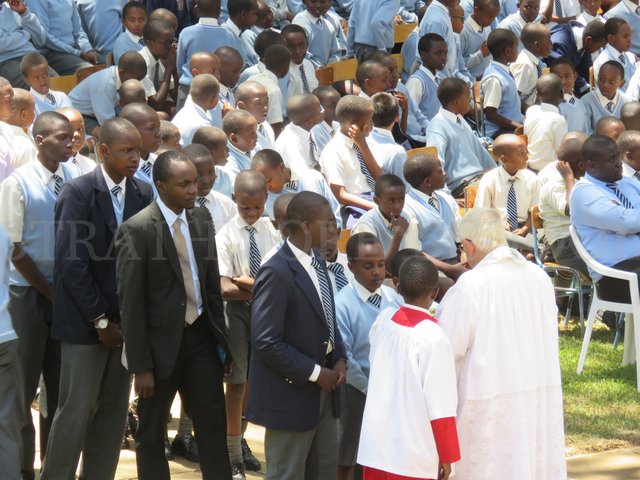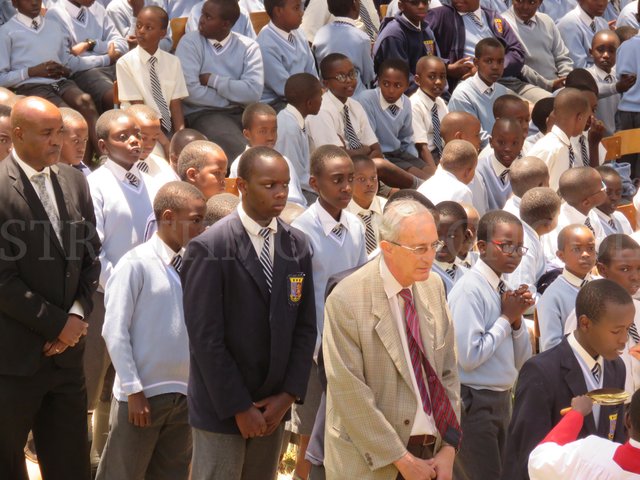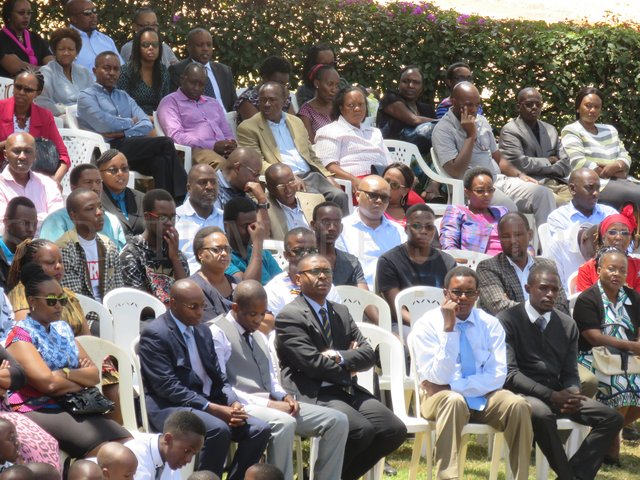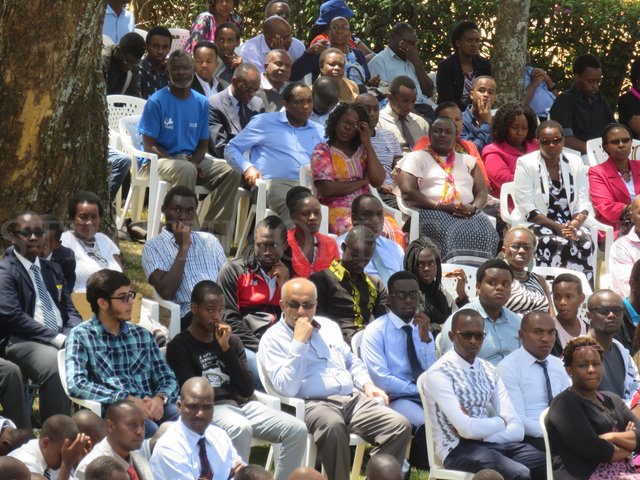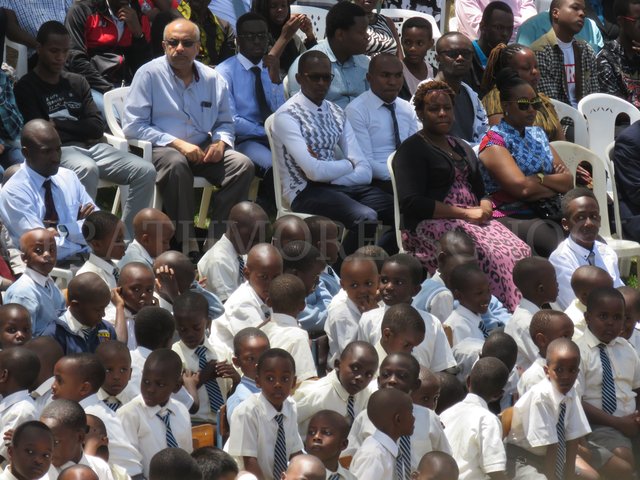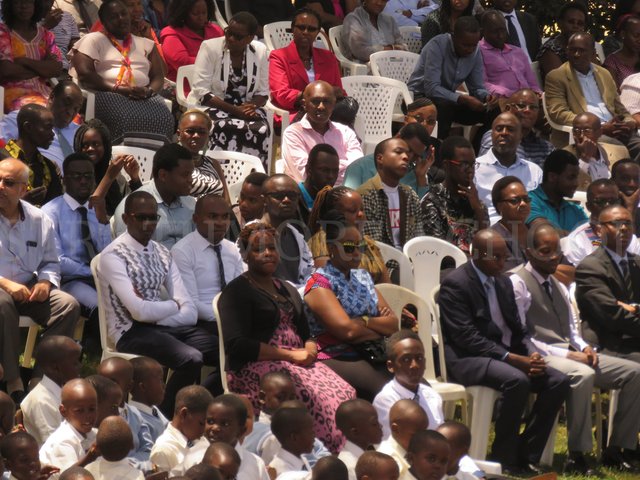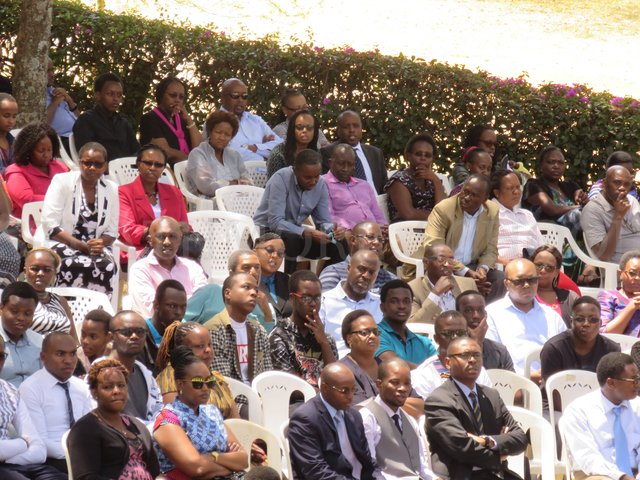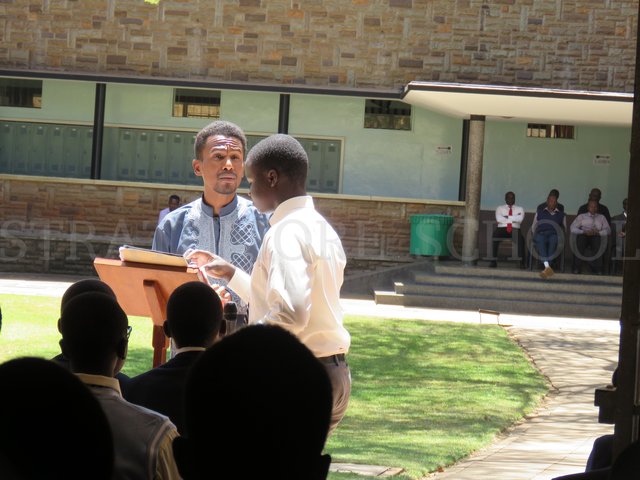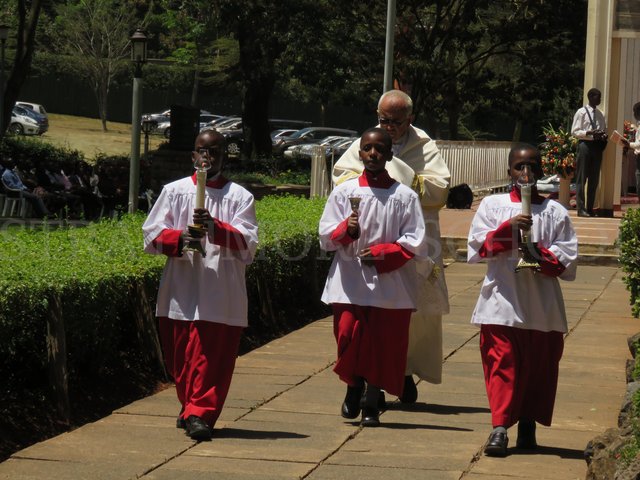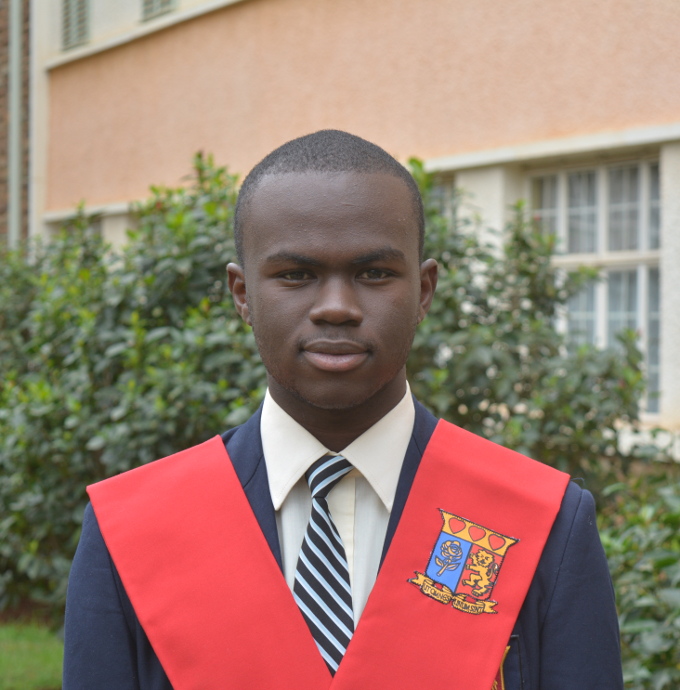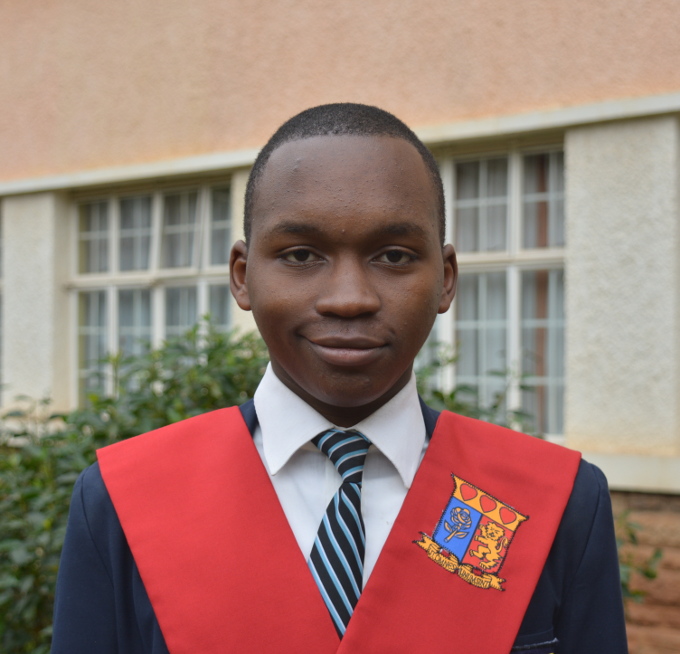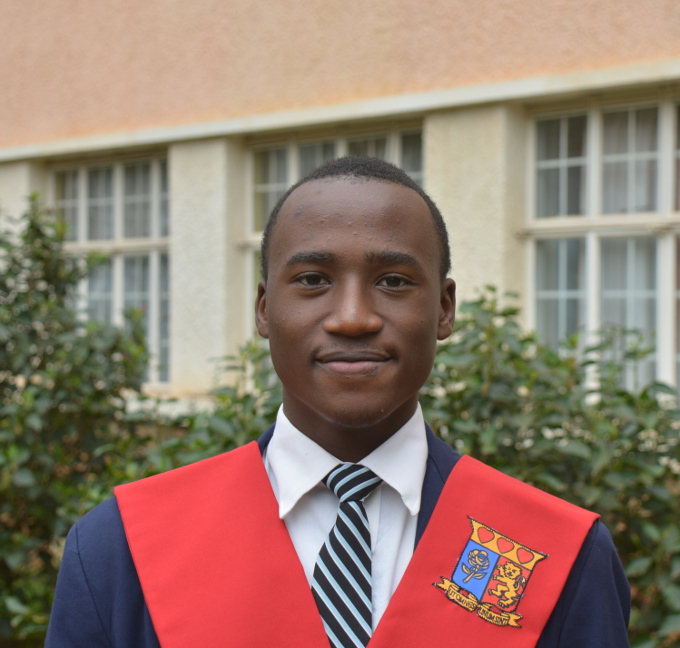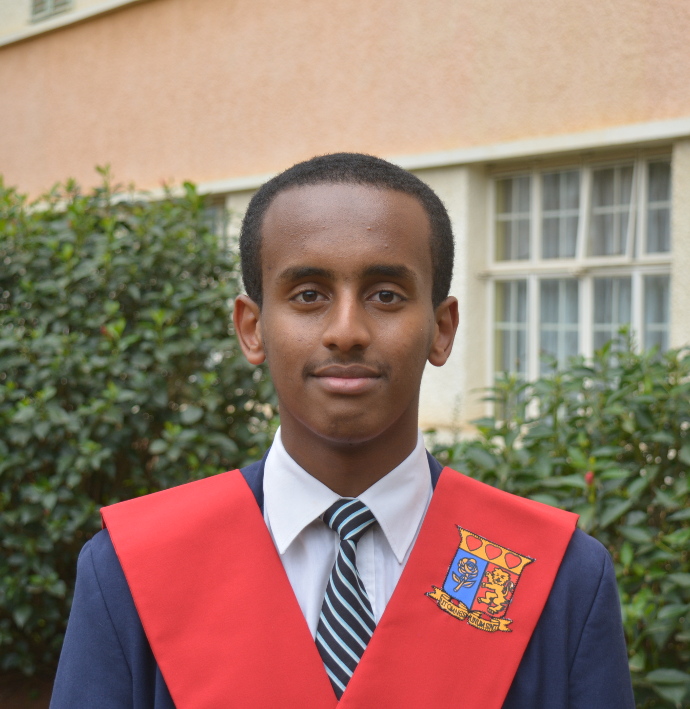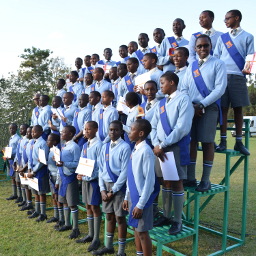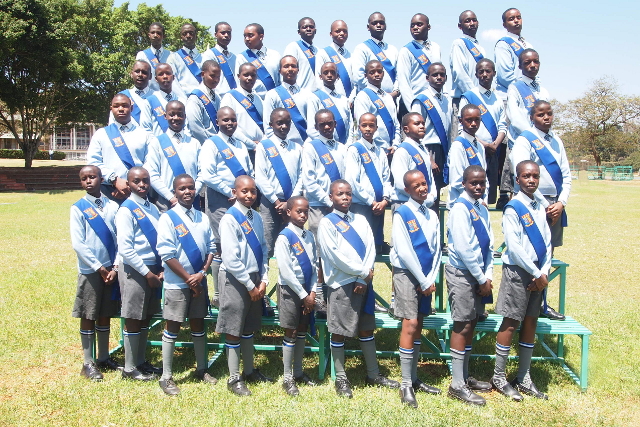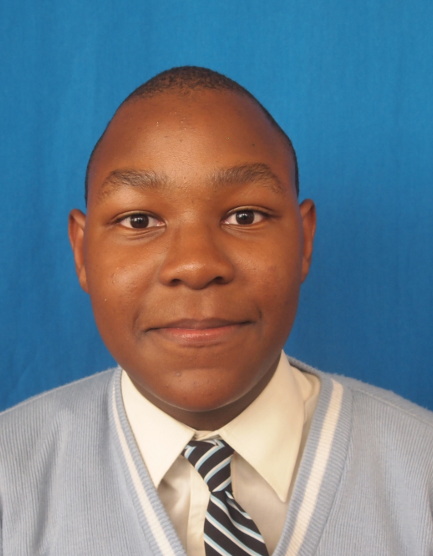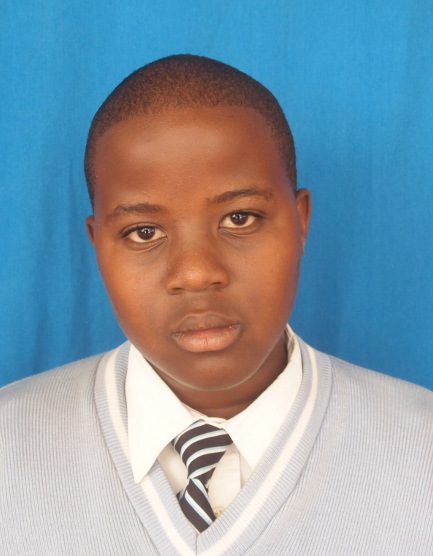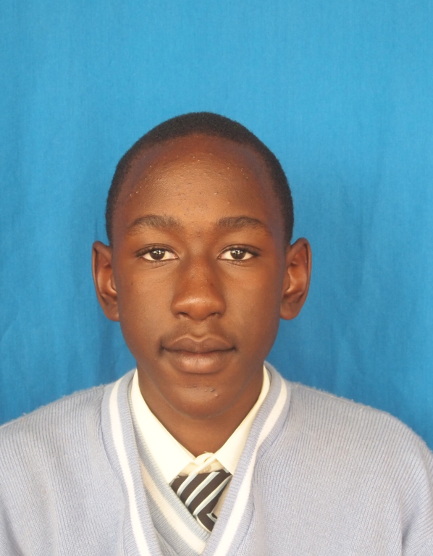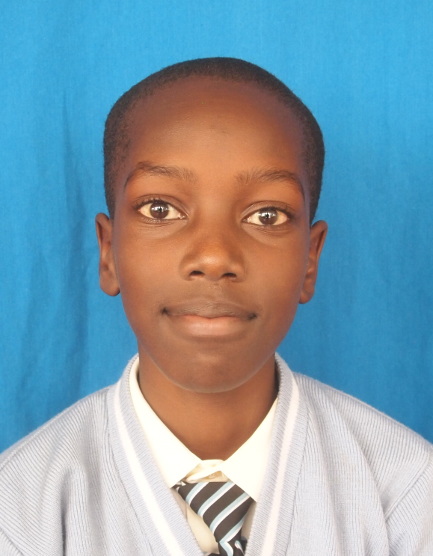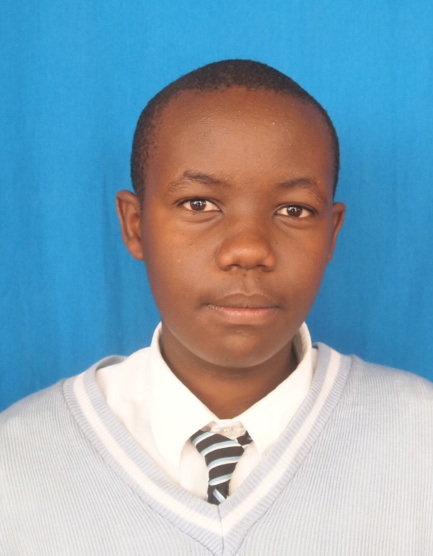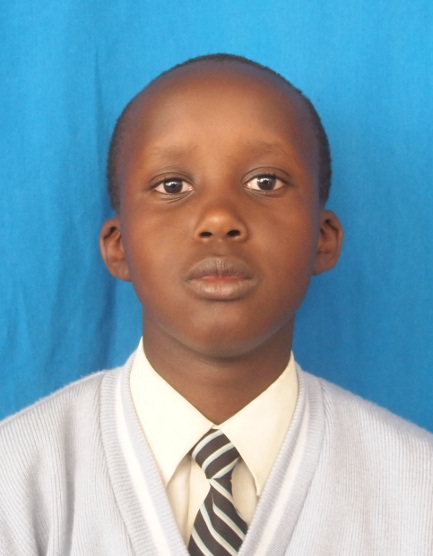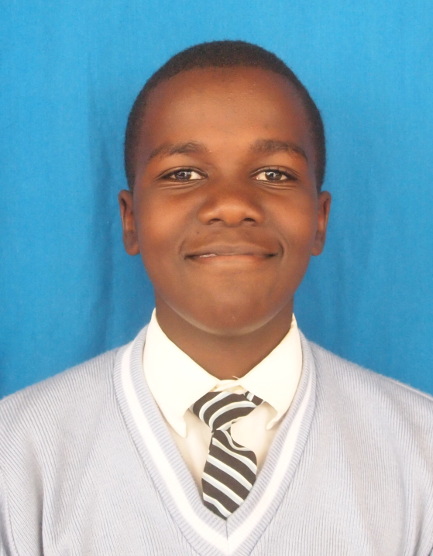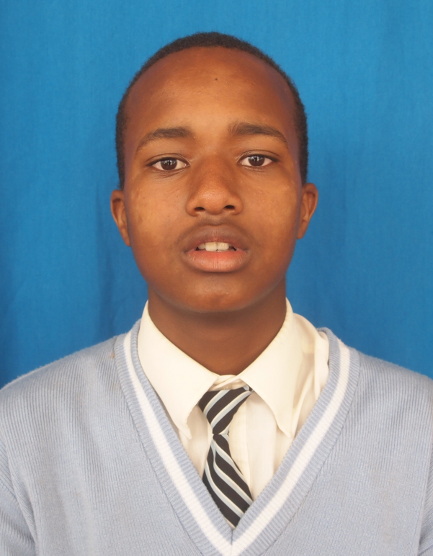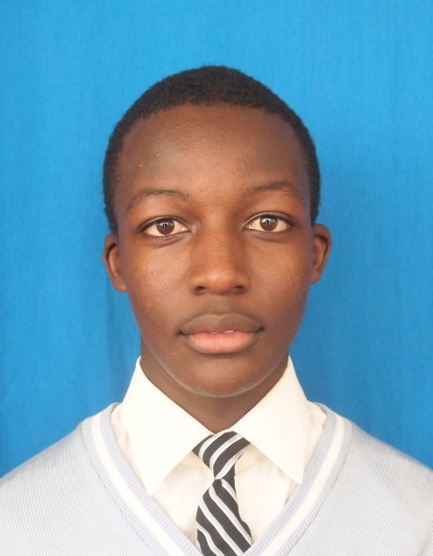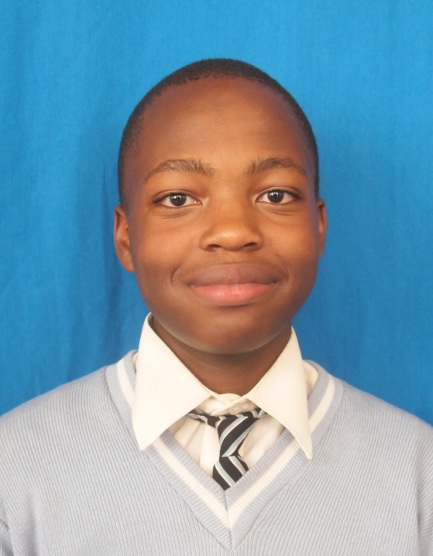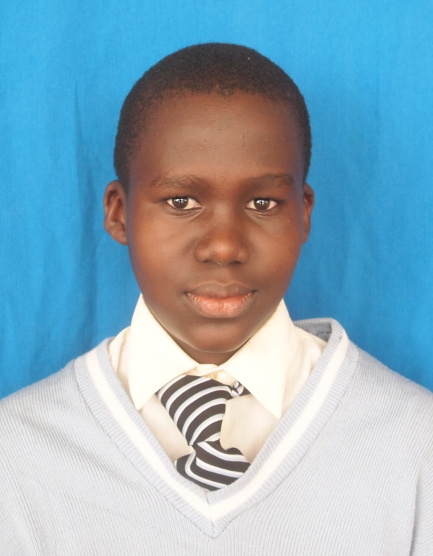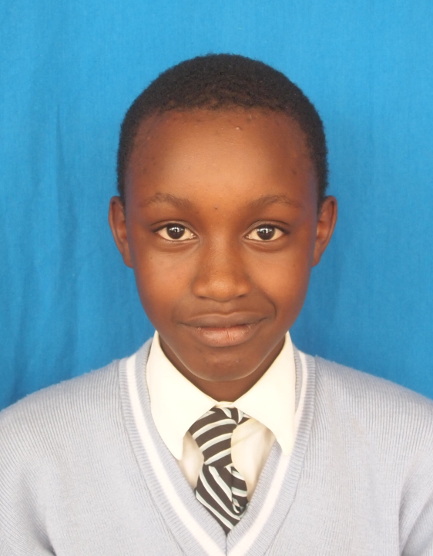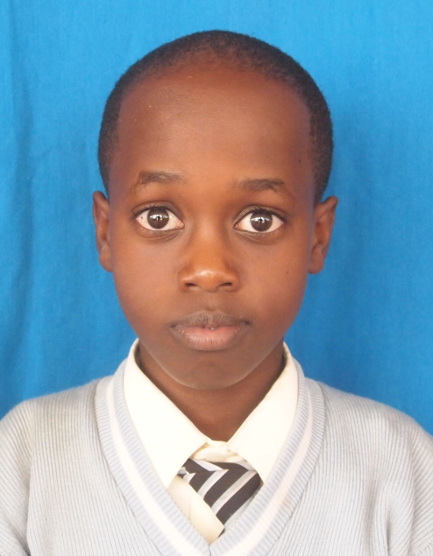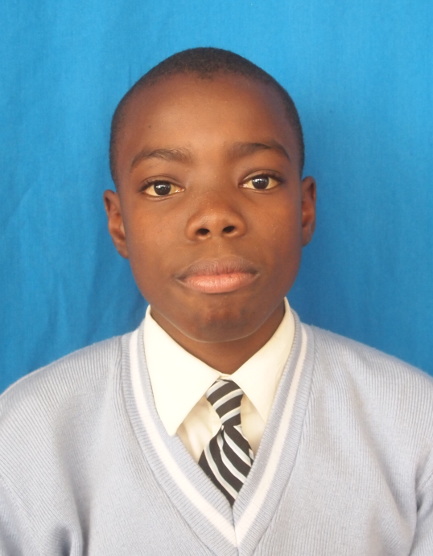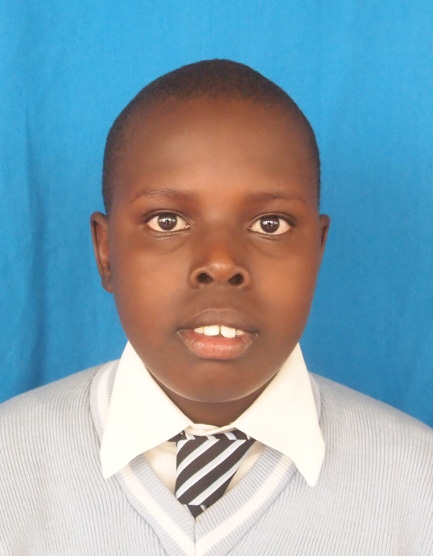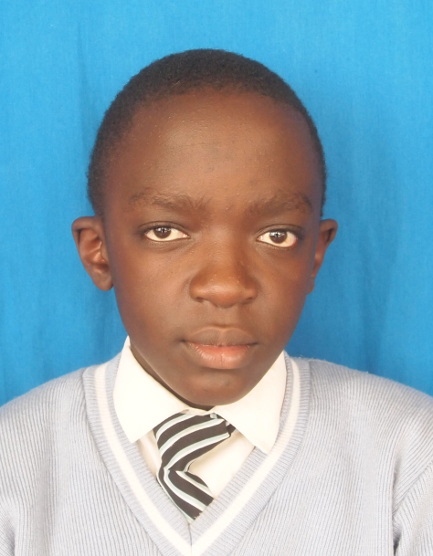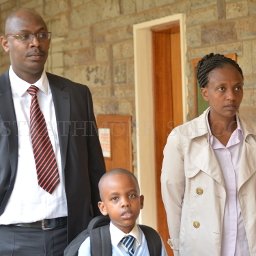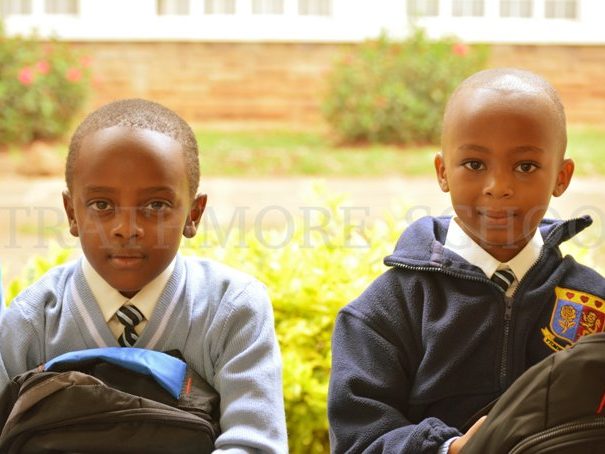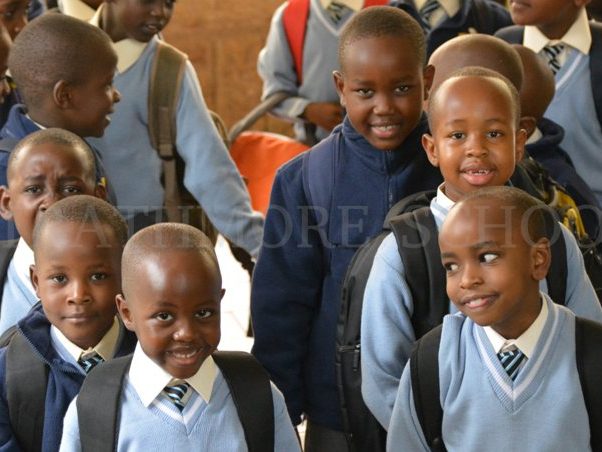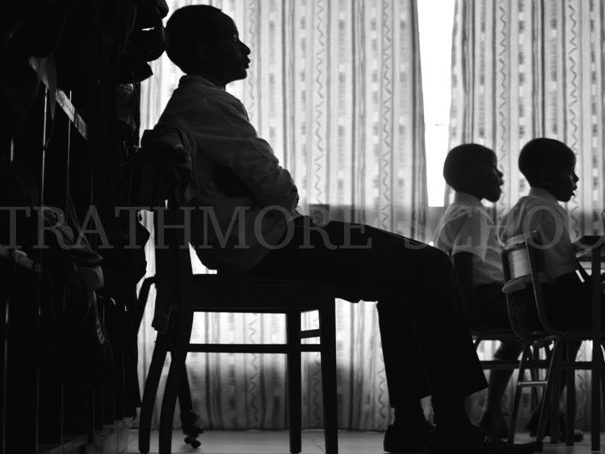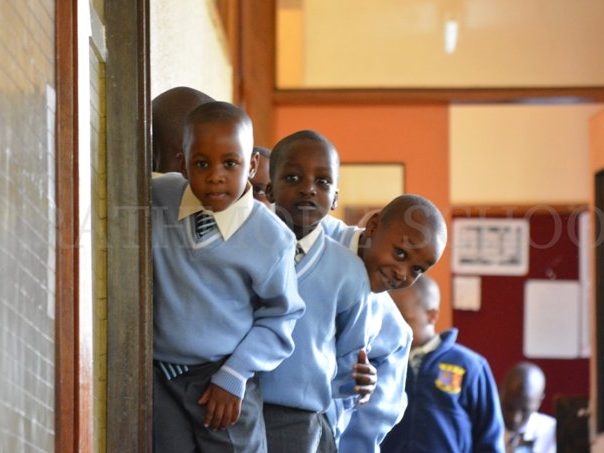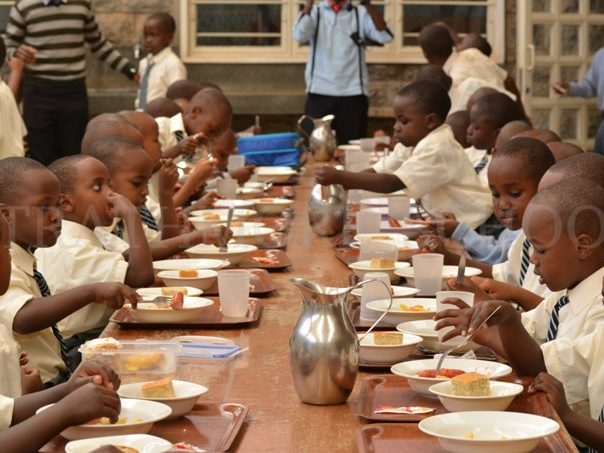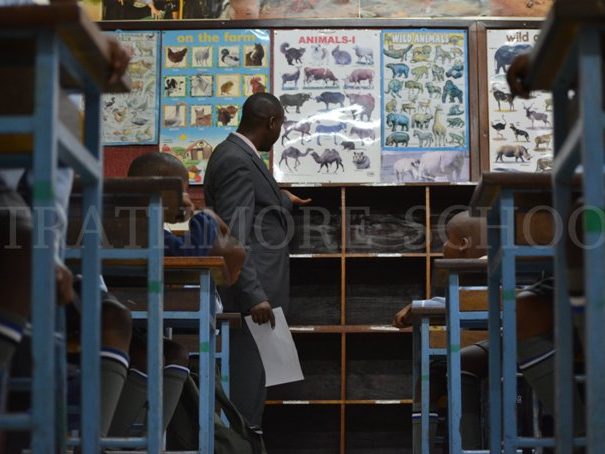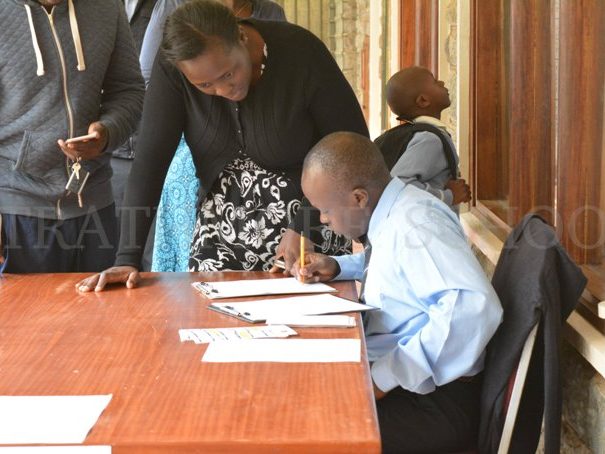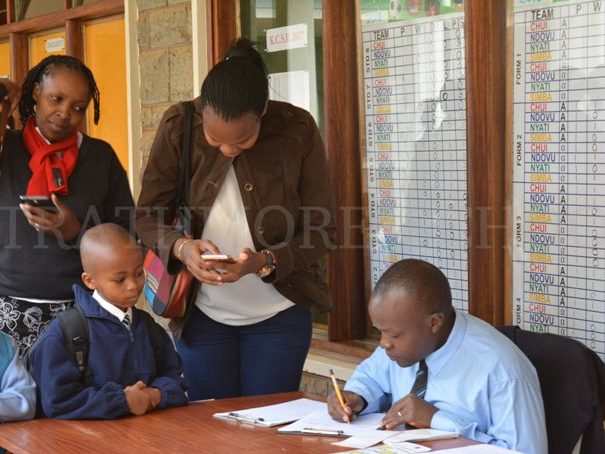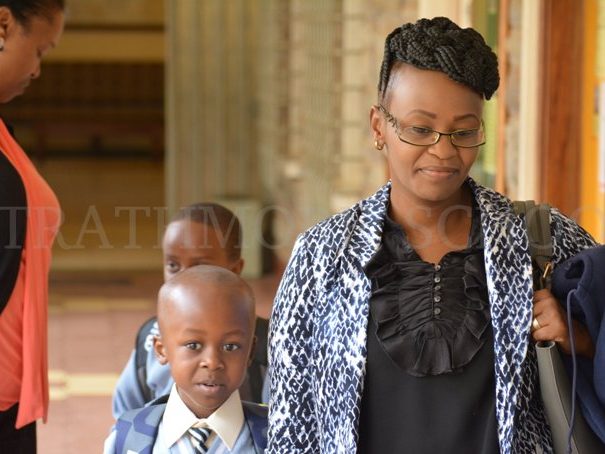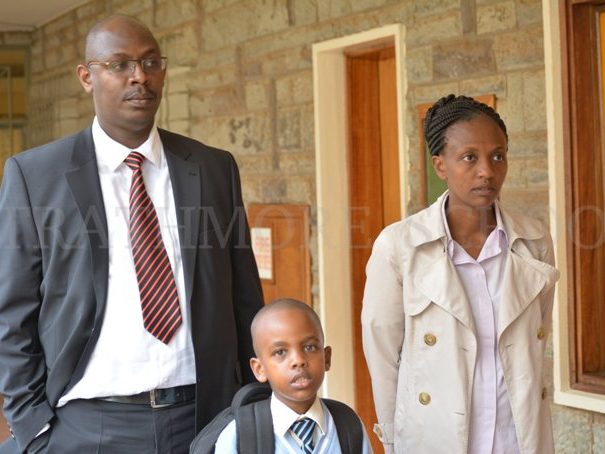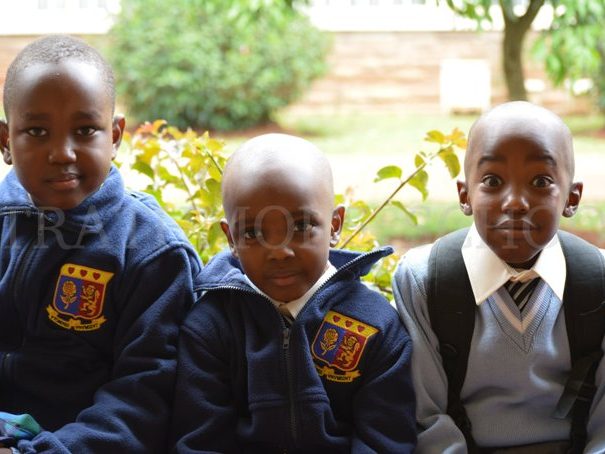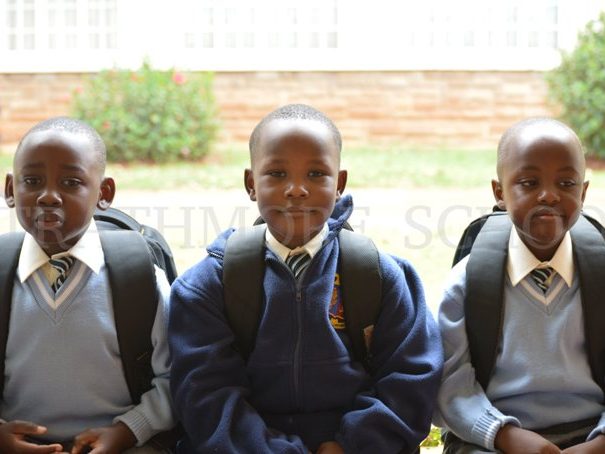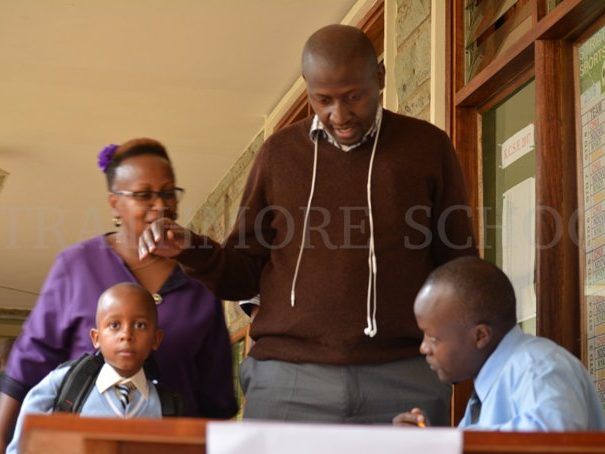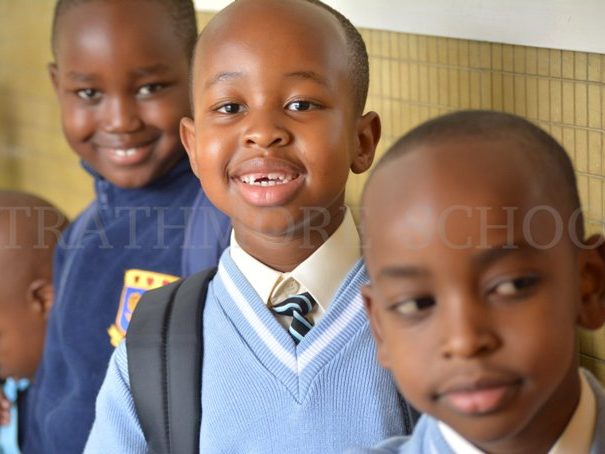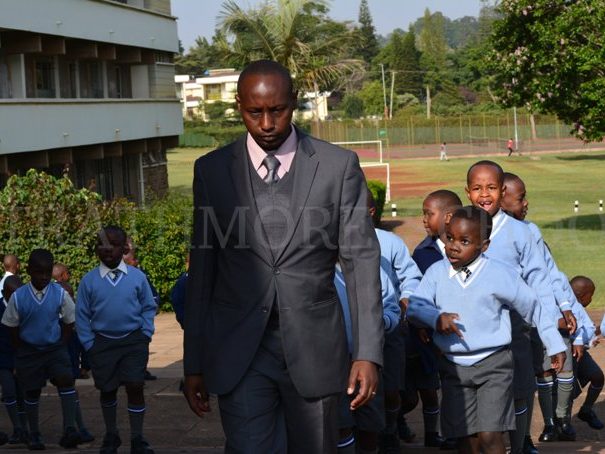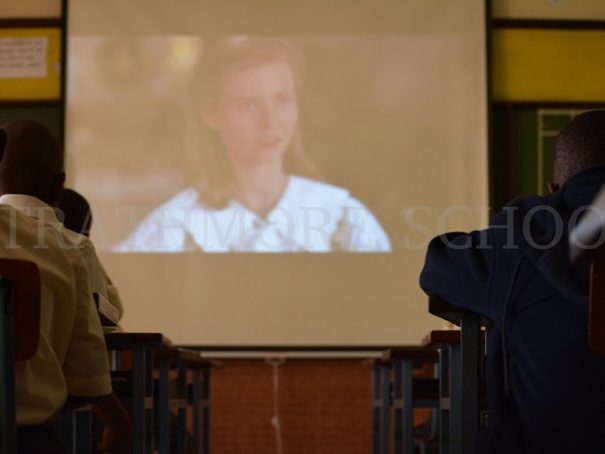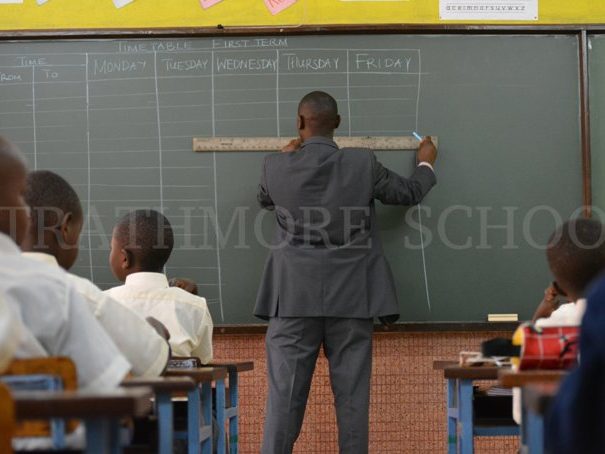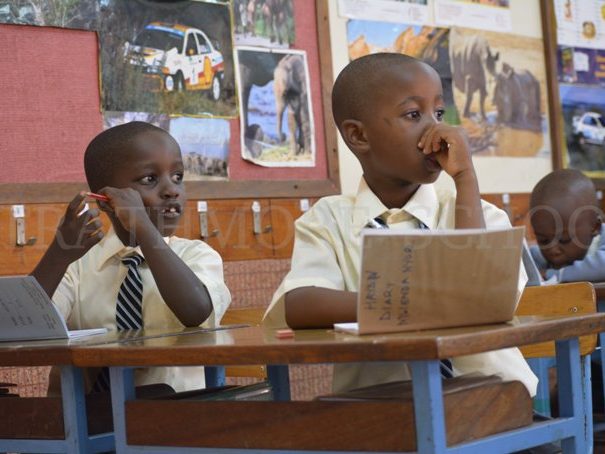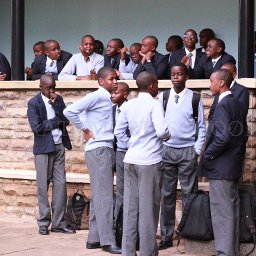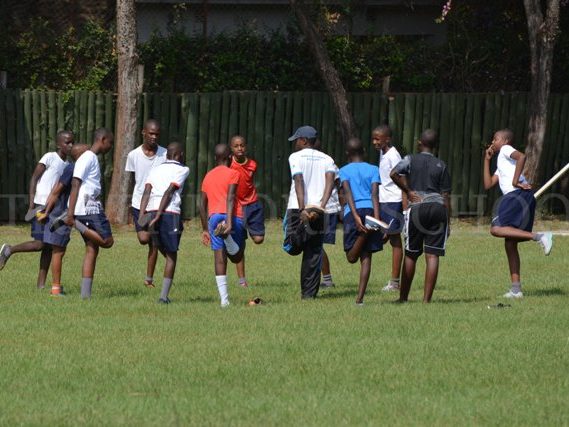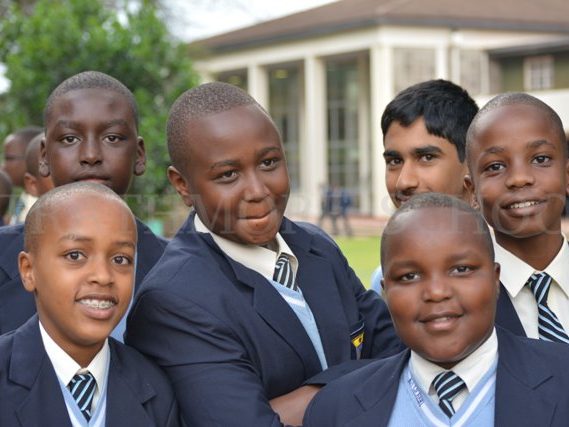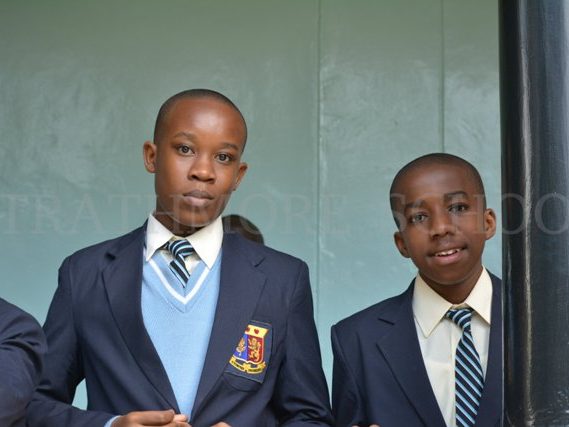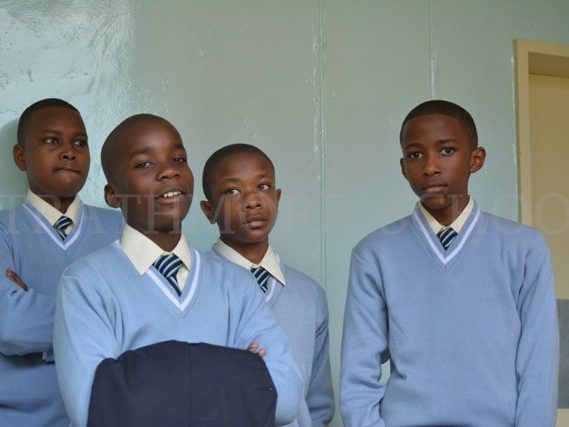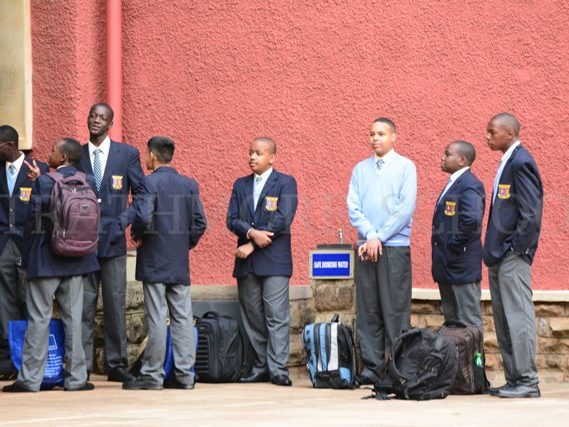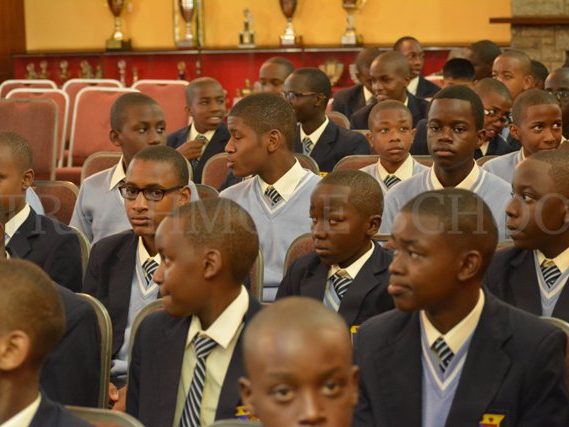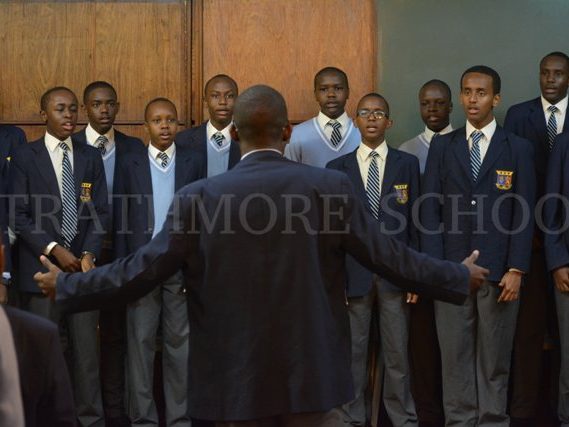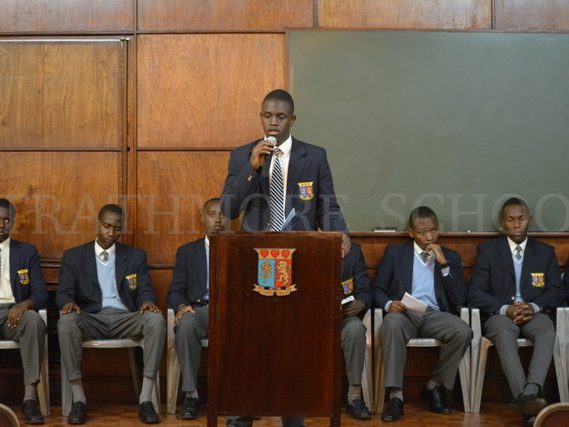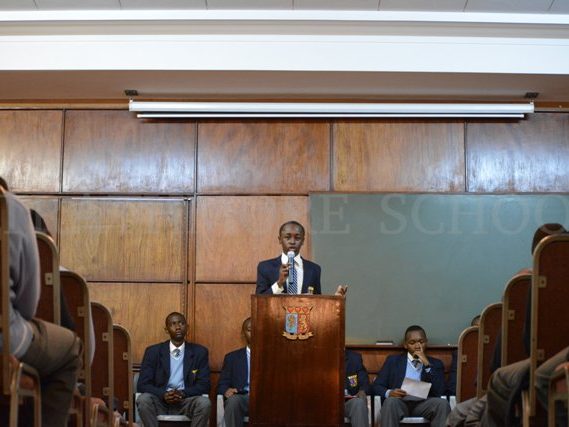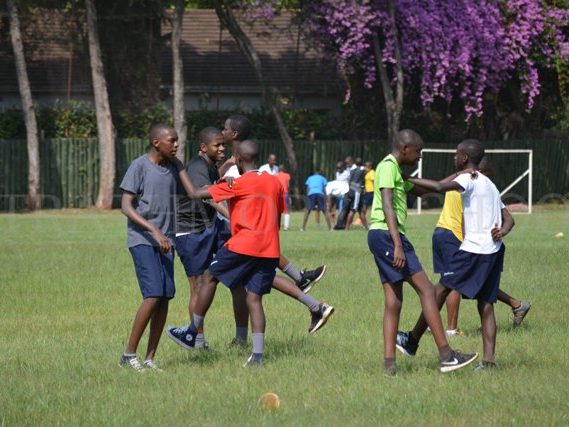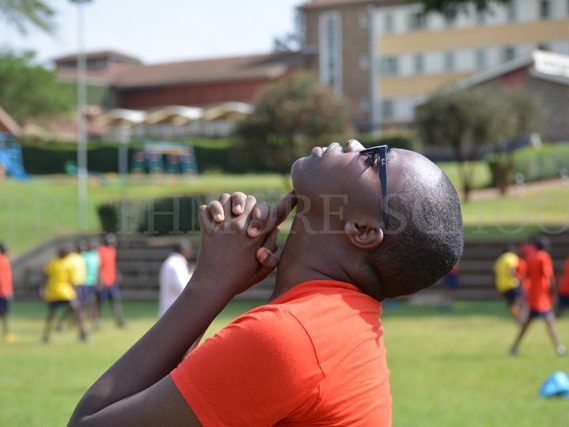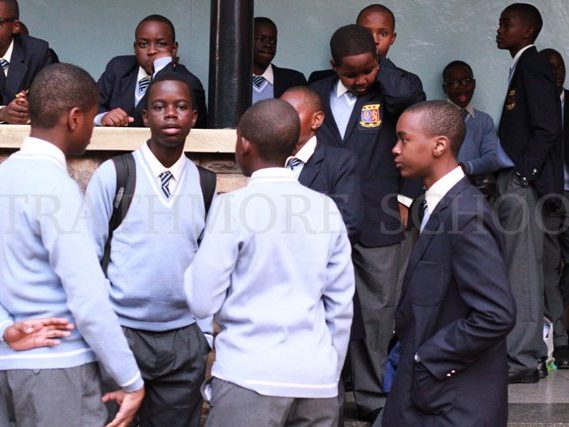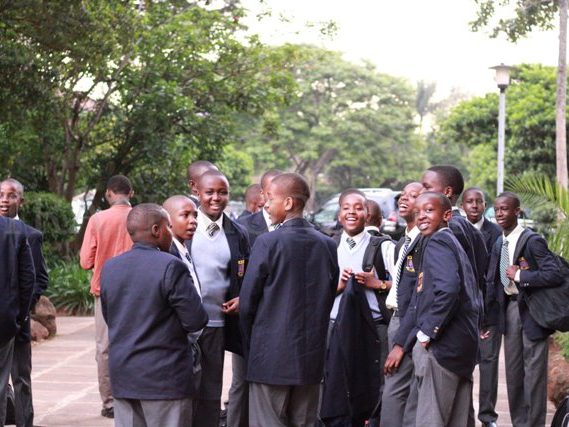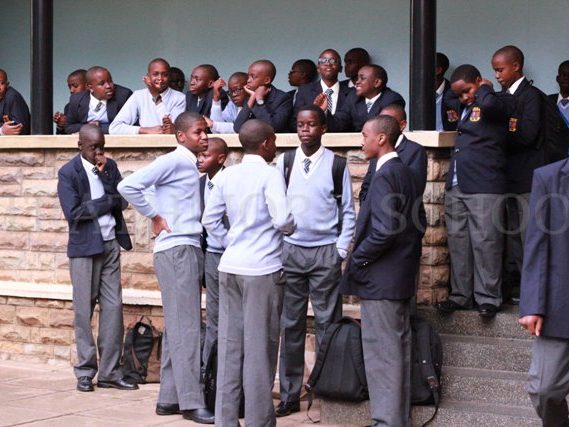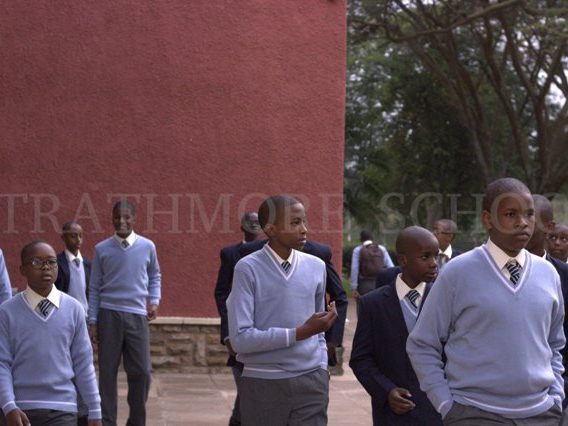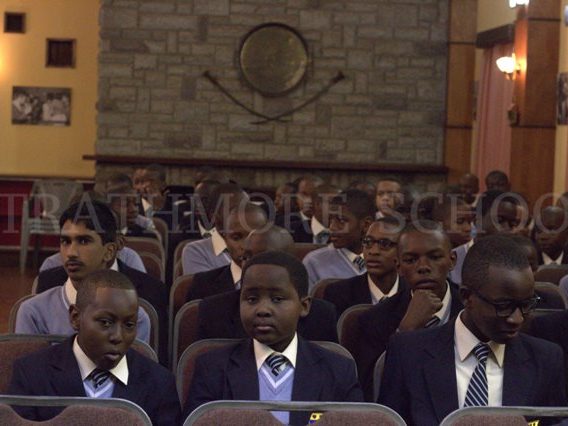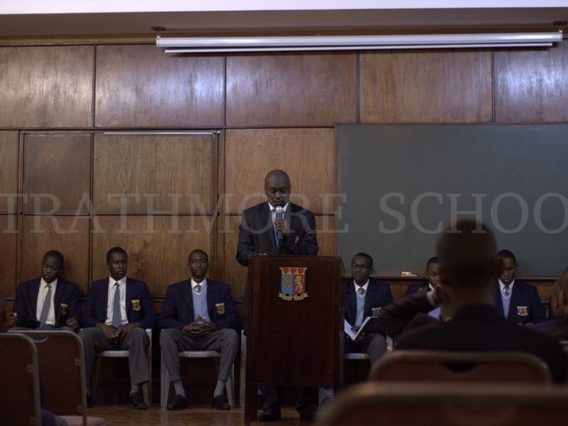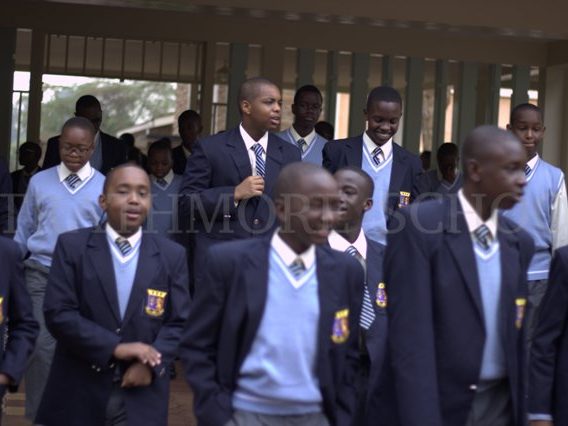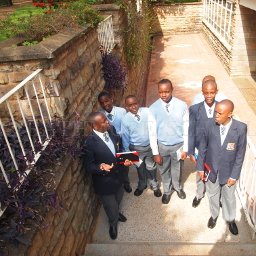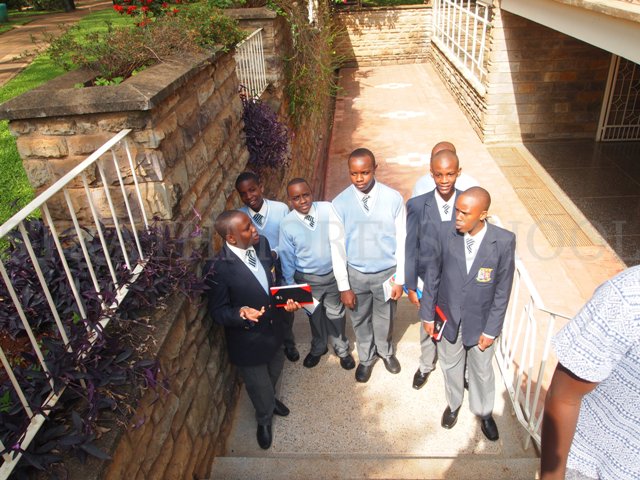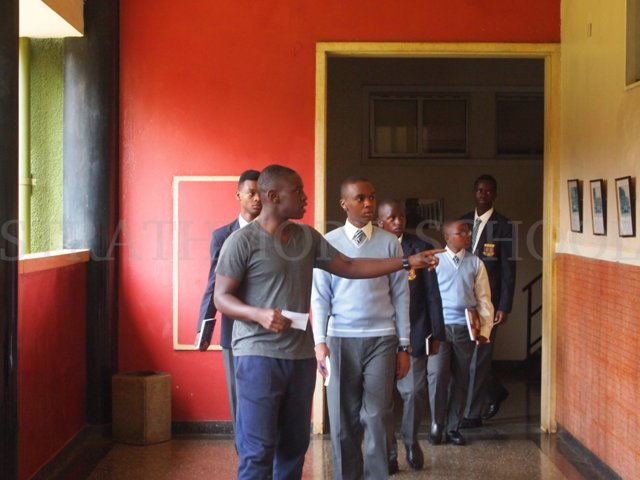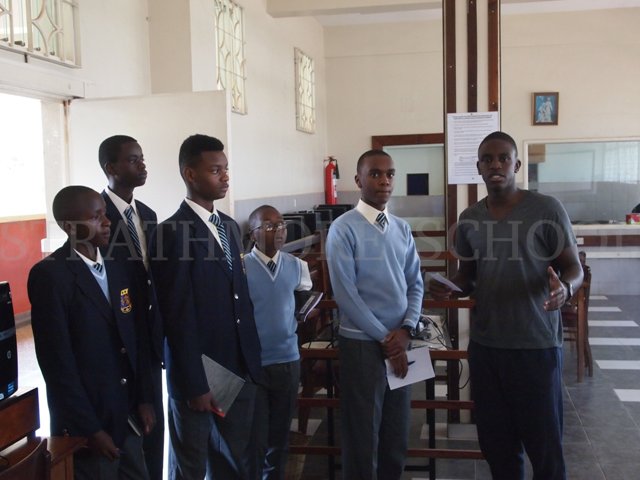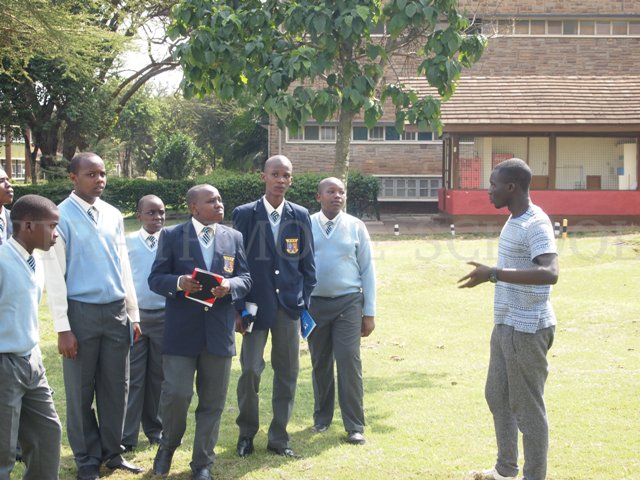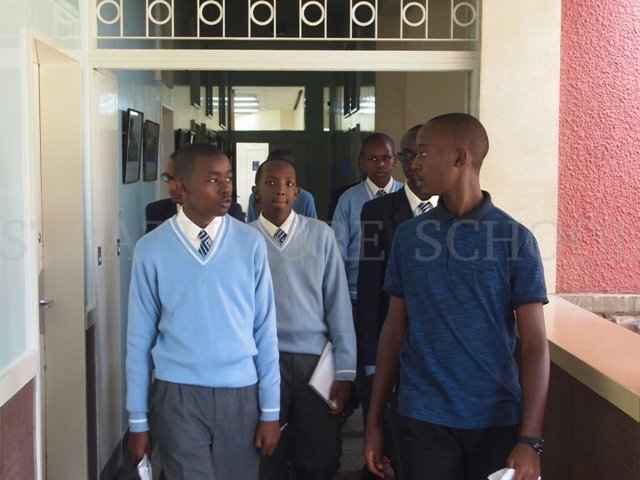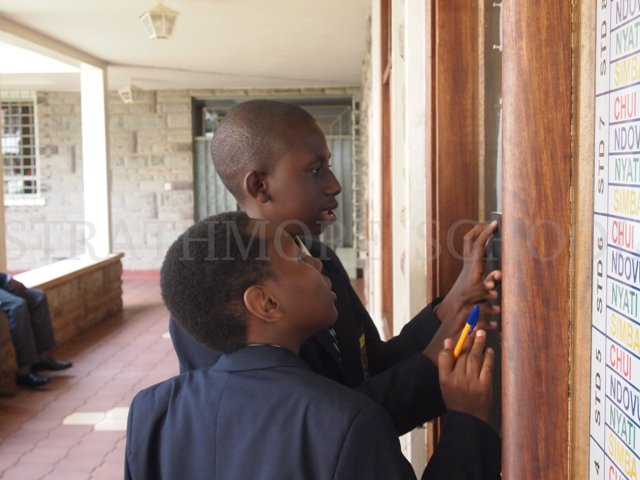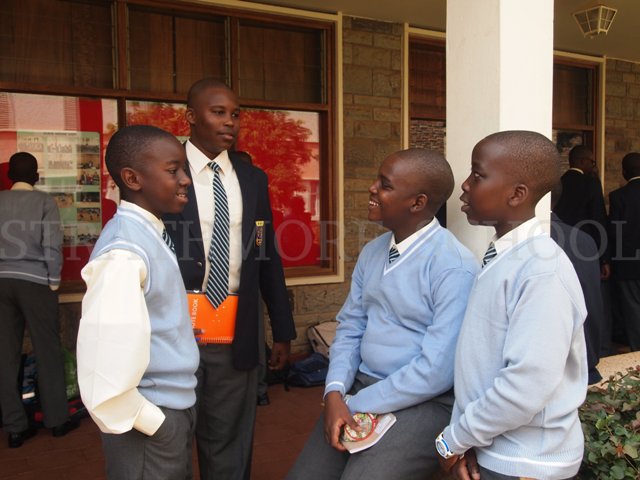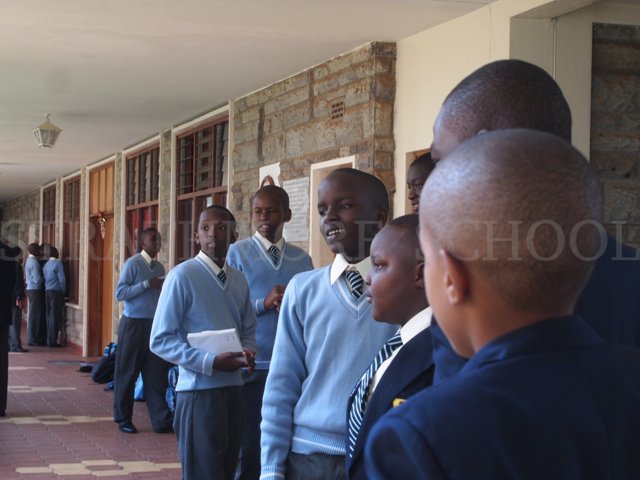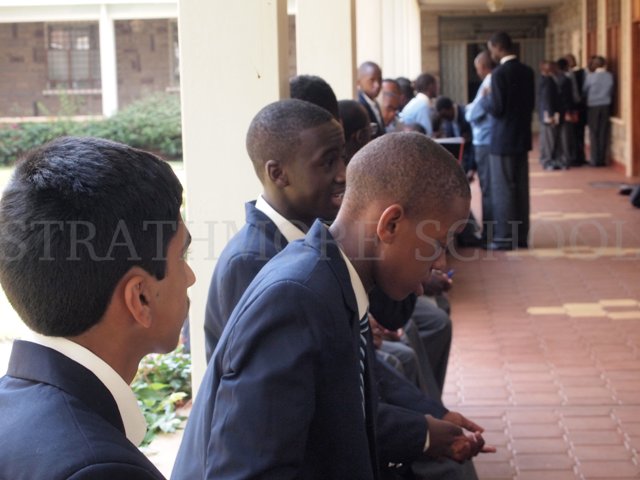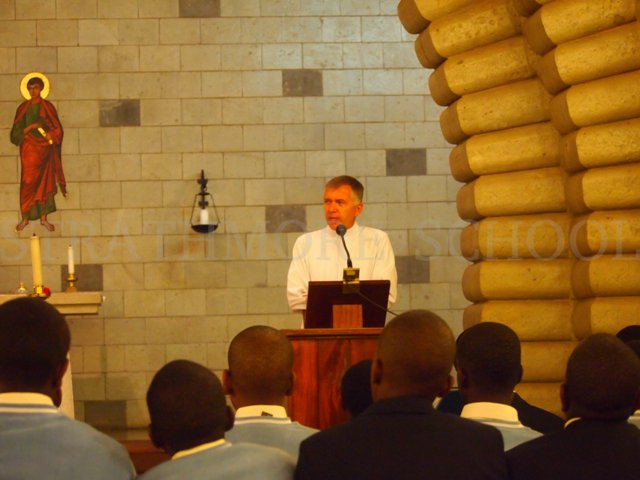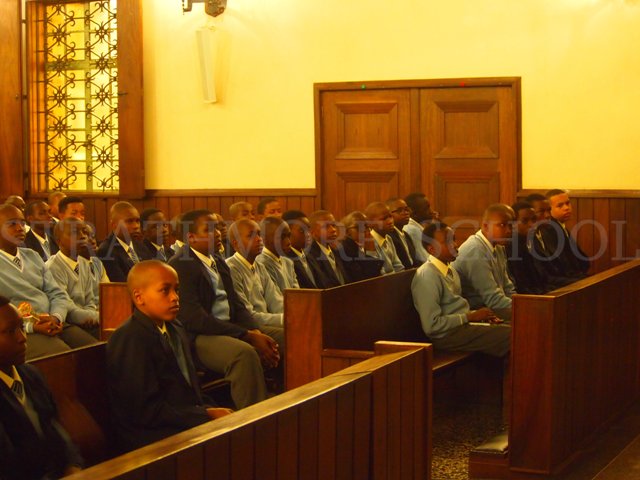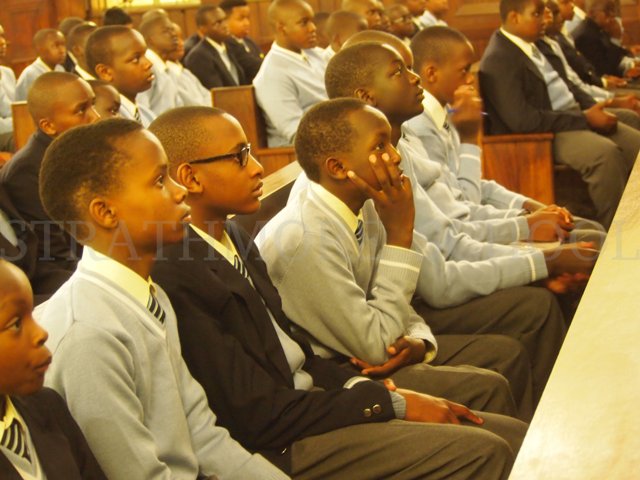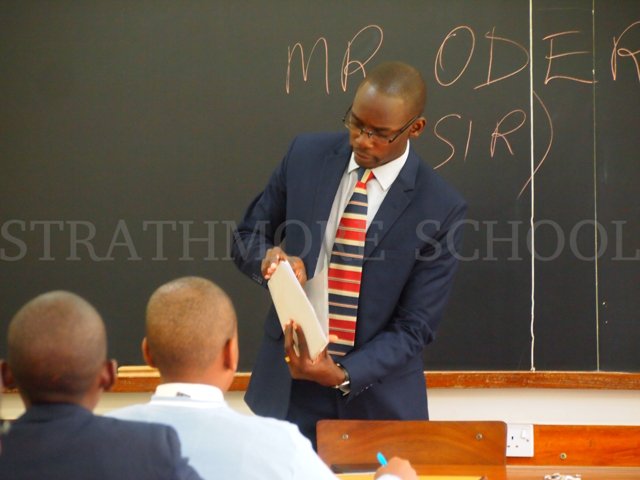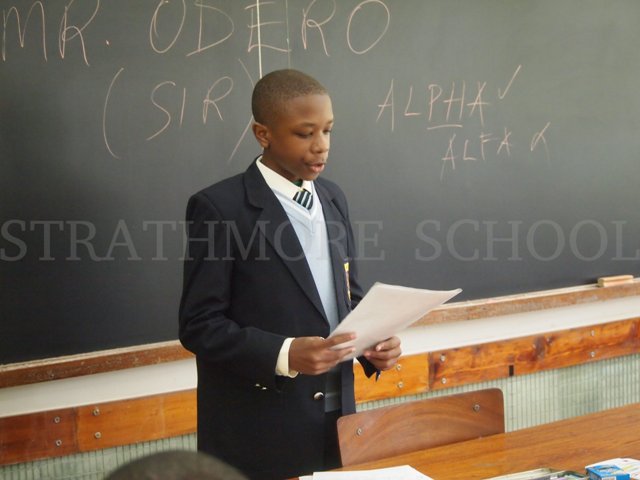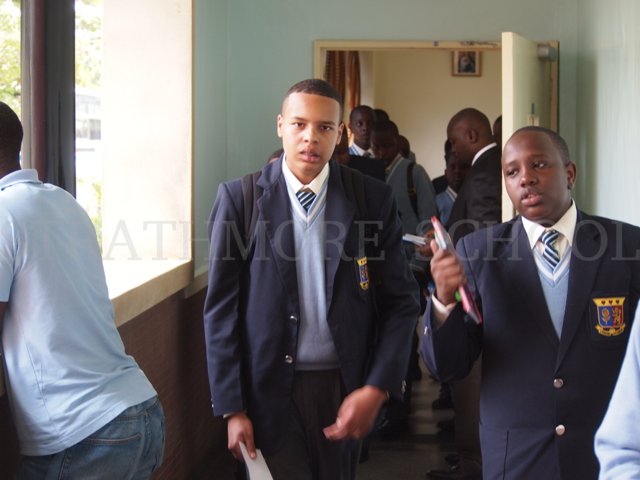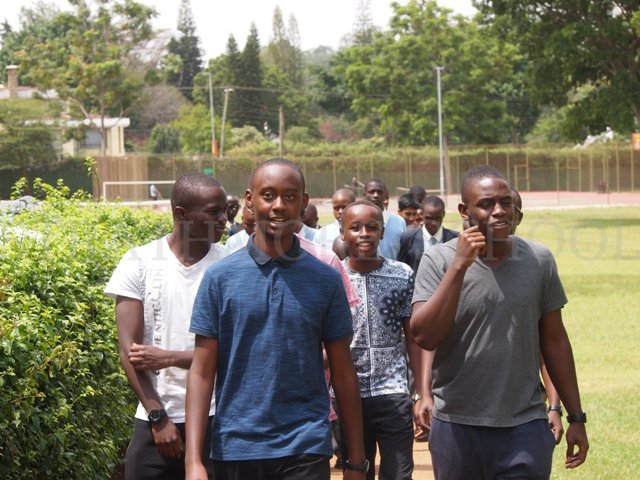Education is more than passing on of knowledge. Education is about the passing on of a culture. Our culture both represents and shapes who we are. Although inescapably exposed to the general culture in our society, while they are living at home, your sons’ most influential cultural experiences should be dictated by home and school. To this effect, we at Strathmore seek to collaborate with you in providing a culture for your sons that will shape them according to your expectations and hopes.
The most important agent for surrounding your sons with the culture you desire is the home environment you create. Given how much children learn from the environment around them, you parents have a special power to form and deform. Of course, you could not hold the former without also risking the latter. Your values and example have an impact. If you put away your own phones when you sit at the dinner table, then you form your children into believing that phones should not interrupt the sacredness of dinnertime. If you keep your phone with you and check it, even furtively, while at the table, your sons will learn that constant access to their phones is accepted (you do it).
Much the same way as contaminated water is passed through a filter to remove harmful elements, a number of technical devices (filters, routers, timers …) that impede the passage of negative elements have been developed for the Internet. These devices produce an “immediate prevention”, which presupposes the “remote prevention” of a cultural and ethical nature that fosters in the person the decision to want to use devices and the Internet well.” Without this cultural and ethical component, filters will be of very little use. So, here are some ideas – both ethical and technical – for creating a healthy formative culture at home. This is by no means an exhaustive list, or a final list. Read it, rather, as a sample of what a list of family cultural traits could be like, in no particular order of importance.
- Have a Library at home
If you want your sons to develop into readers, then you need to present a culture of reading at home. It may occasionally be more convenient to read a book on an iPad, or to listen to
Audio-books, but there is no substitute for having physical books at home that stare your sons daily in the face. Your sons benefit from seeing you, on a regular basis, grab a book from a shelf or from a side table and sit down to read. That image conveys to them that reading is for adults, and that through hard work and habit, they are making themselves capable of sharing that activity with the civilized, educated world. If they never see you reading, no matter how much you counsel them to do so, they will invariably believe that reading is for kids in school but not something grown men do.
- Establish and protect order in common areas of your home.
This way you can teach your sons that you have the expectation of order in all areas of the home, including his bedroom. After all, the bedroom is not really his room but rather the room in which he sleeps. Order is a way for us to make the space we inhabit available to others. Order is not only an act of self-discipline; it is also an act of charity.
- Aim to have dinner together every day.
An occasional failure to this plan will still ensure that you have family dinner most of the time. There is just no better way to teach your sons about the importance of making time for family. Only by adamantly protecting this time, will you teach them that being together for dinner is the best use of time no matter how busy you are. Given that deciding when career and social obligations or demands weigh more than family time is a hard balance to strike, parents need to be the wise arbiters.
- Dedicate a nightly time to family prayer.
It does not have to be long, as a matter of fact, it is better if it is rather short. Maybe not even five minutes. But there is something powerful about a family gathering at the end of the day – just before the youngest goes to bed – and praying together. Everyone has an opportunity to mention one or several intentions for which he would like the family to pray. This teaches your sons both that men pray for what they care about most, and also what it is that you most care about.
- The use of any media in our home should be consistent with our beliefs and values as a family. Below are examples of rules that parents can enforce for various media and devices. It’s wise to write them out, in a posted “Media Contract” that – if necessary – everyone signs:
a. TV: Watching TV is a special event, not a regular routine. In general, it is also a family event, not a private pastime. No TV before school, before homework is done, or during meals. Always ask permission to turn on the TV; watch only approved programs. Certain nights are “quiet nights”; the TV stays off so we can focus on family activities and doing other things. (Choose these nights together as a family).
b. Video Games: All video games must be previewed by a parent and limited to agreed-upon times.
c. Phones: No mobile devices at meals. Unless permission is granted, no use of mobile devices after agreed-upon times (set a reasonable curfew).
d. Laptops: parents should create a guest profile for students who need laptops for school projects. If a student needs to install a program or an application or download a resource, they need to go through the parents – who retain the administrator password.
e. Movies & Series: No R-rated movies or series and no PG-13 or PG movies without parental permission.
f. Internet/Wi-Fi: Every internet enabled device should have a filter – including video games – e.g. PlayStation, Xbox etc. No use of the Internet without parental approval. You must have parental permission to download anything. Do not share your password with friends or over email. Never physically meet someone you have met online. If a stranger tries to involve you in an online relationship, tell Mum or Dad right away. Pornographic and hate web sites are off limits and blocked by an Internet filter installed by the family.
(NB: Digitally savvy kids know how to get around most of these controls, which is why our talking with them about these issues is essential for developing the most important control – their conscience).
